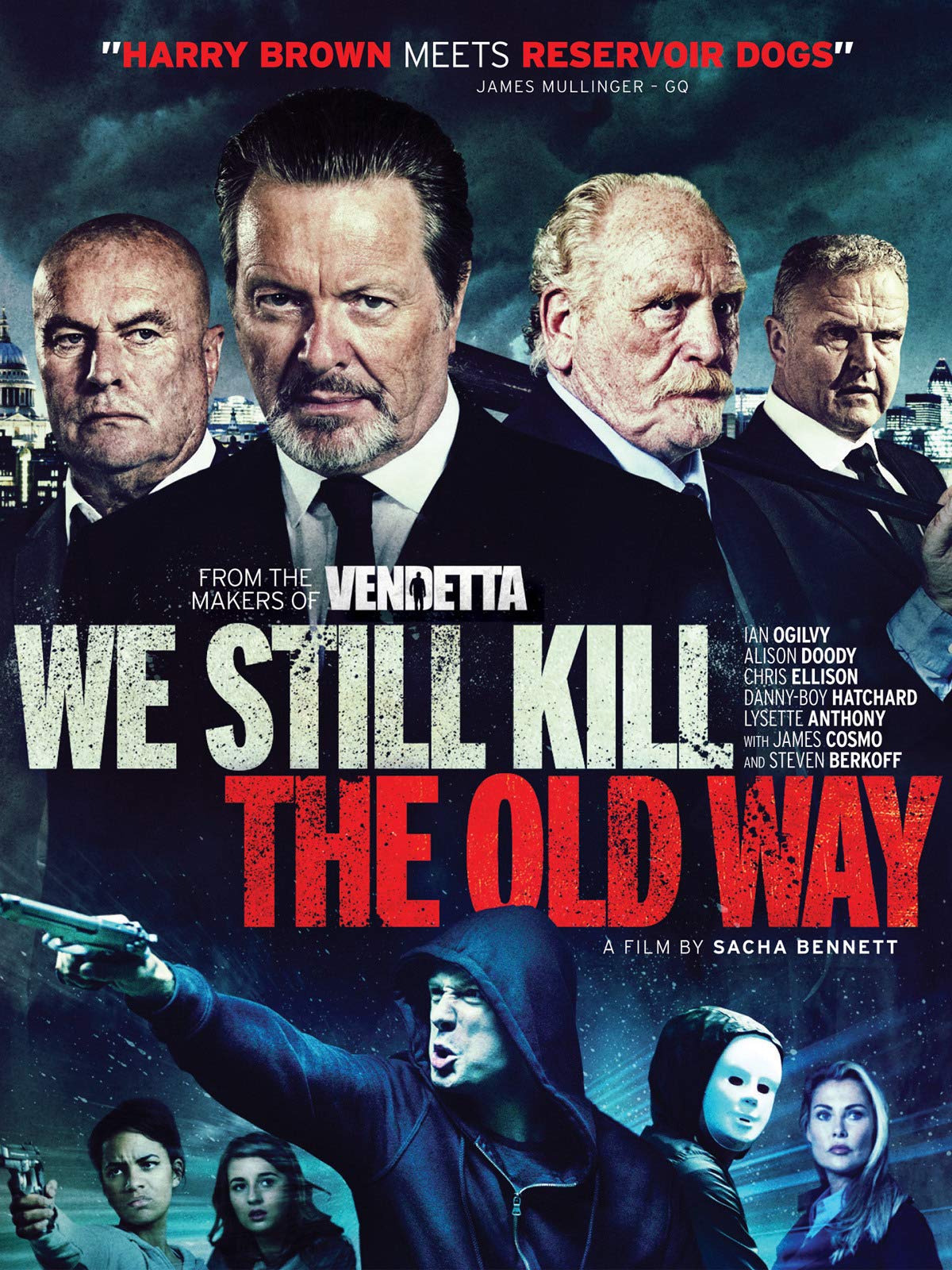
Još uvijek ubijamo stari način 2014
We Still Kill the Old Way 2014
"We Still Kill the Old Way" is a captivating 2014 British crime drama that stands out for its unique blend of classic gangster elements and contemporary societal themes. Directed by Sacha Bennett, the film revisits the traditional British gangster genre, infusing it with modern storytelling and character development.
Introduction to the Film:
"We Still Kill the Old Way" was released in 2014, during a time when the crime genre was evolving to include more complex narratives and character-driven stories. The title itself is a nod to the classic methods of the old-school gangster world, suggesting a clash between traditional values and modern realities.

Direction and Vision:
Sacha Bennett, the director of the film, brings a distinct flair to the crime genre. His approach is both respectful of the genre’s traditions and innovative in its execution. Bennett’s direction is characterized by a keen eye for detail, a penchant for building tension, and an ability to extract gritty and compelling performances from his cast.
Genre and Style:
The film is a crime drama, but it goes beyond the usual tropes of the genre. It deftly combines action, drama, and moments of dark humor, resulting in a movie that is both entertaining and thought-provoking. The style of the film is reminiscent of classic British gangster movies but updated with a contemporary edge, making it relevant to modern audiences.
Plot Overview:
Set in modern London, the film opens with the brutal murder of Charlie Archer, a retired gangster. The crime, committed by a gang of ruthless young thugs, sets the stage for the story’s central conflict. Charlie’s brother, Richie Archer, is the protagonist, portrayed with a gravitas befitting an old-school gangster by Ian Ogilvy.
Richie’s Return and Vengeance Quest
Upon hearing of his brother's untimely demise, Richie, who had retired from his life of crime, returns to London. Discovering that the police are making little progress, he decides to take matters into his own hands. Richie’s goal is straightforward yet daunting – to avenge his brother's death and bring the perpetrators to justice.

Assembling the Old Crew
Richie reconnects with his former gang, a cadre of aging criminals who once ruled London's underworld. This includes loyal and tough Roy, astute and experienced Arthur, and others who have left their criminal pasts behind. Despite their age, they rally around Richie, drawn by loyalty and a shared sense of justice. Their reunion is not just about vengeance; it’s a nod to their past glory, camaraderie, and the bygone era of organized crime they represent.
Confronting Modern Criminality
The film then follows Richie and his crew as they track down the young gang responsible for Charlie's murder. These sequences highlight the stark contrast between the disciplined, code-bound approaches of the old gangsters and the chaotic, ruthless tactics of the younger criminals. The old crew, relying on their experience and wits, systematically targets the gang members, unraveling the network that shields them.
Exploring Deeper Themes
“We Still Kill the Old Way” delves into the theme of generational conflict and the evolution of criminality. It examines the notions of honor and respect in the underworld, contrasting them with the reckless violence and lack of principles in modern street gangs. The film also touches upon the themes of loyalty, brotherhood, and the pursuit of justice outside the law.
Character Dynamics and Development
Richie’s character is central to the film's narrative. His transformation from a retired gangster to a vengeful brother is a compelling element of the story. The relationships among the old gang members are portrayed with a mix of nostalgia and melancholy, highlighting their struggles to fit into the new world while clinging to their old ways.

Climactic Confrontations
The climax of the film is a series of confrontations between Richie's gang and the young thugs. These encounters are marked by violence, strategy, and a sense of finality. The action is intense, reflecting the desperation and determination of Richie and his crew.
Resolution and Reflection
The film concludes with the young gang being dismantled, but at a cost. There’s a reflective tone as the characters contemplate their actions and the changed world they live in. Richie’s quest for vengeance brings closure, but it also raises questions about the cycle of violence and the place of traditional gangster values in contemporary society.
Visual Style and Cinematography
The cinematography of "We Still Kill the Old Way" effectively captures the mood and tone of the film. London is presented both as a modern metropolis and a battleground for conflicting ideologies and eras. The visual style complements the narrative, enhancing the tension and drama of the story.
In summary, "We Still Kill the Old Way" is a gripping narrative that successfully revives the classic British gangster genre with a modern twist. It combines action, emotion, and social commentary, making it more than just a tale of crime and retribution. The film's exploration of aging, loyalty, and the clash of moral codes offers a profound look at the changing landscape of crime and morality.
The performances, particularly by Ian Ogilvy, bring depth to this thought-provoking tale, making it a must-watch for fans of the genre and those interested in a nuanced portrayal of crime and vengeance.

Characters and Cast
Ian Ogilvy's performance as Richie Archer is central to the film's appeal. He portrays a character who is both formidable and nuanced, delivering a depth that elevates the movie above standard gangster fare. The supporting cast, including notable names like Alison Doody and Lysette Anthony, adds gravitas and complexity to the narrative.
Setting and Atmosphere
The film is set in contemporary London, but it harks back to the city's notorious past when gangsters were local legends. This duality in setting creates a backdrop that is both familiar and unsettling. The urban landscape is used effectively to juxtapose the old ways with the new challenges and realities of modern urban life.
Thematic Exploration
One of the film's strengths is its exploration of themes such as the changing face of crime and the impact of time on traditional values. It questions whether the old ways are still relevant in a world that has drastically changed. The film delves into the psyche of its older characters, examining their place in a society that has moved on without them.
Action and Cinematography
The action sequences in "We Still Kill the Old Way" are well-executed, combining realism with a stylized approach. The cinematography complements the film’s mood, with gritty visuals that enhance the narrative's intensity and emotional impact.

Script and Dialogue
The screenplay is sharp and well-crafted, with dialogues that are both witty and poignant. The script successfully balances action with character development, allowing the audience to engage with the characters on a deeper level.
Reception and Impact
Upon its release, the film received mixed reviews, with praise for its performances and criticism for certain genre clichés. However, it has since gained a following for its unique take on the gangster narrative and its commentary on age, loyalty, and change.
In conclusion, "We Still Kill the Old Way" (2014) is a film that revitalizes the British gangster genre. It offers more than just action and drama; it provides a reflective look at a bygone era through the lens of contemporary society.
The film's blend of traditional gangster elements with modern storytelling makes it a compelling watch for fans of the genre and those interested in character-driven narratives.
Sacha Bennett’s direction ensures that the film is not only a tribute to the past but also a relevant and engaging story for today’s audience.
- Vrijeme: 94 minuta
- Direktor: Sacha Bennett
- Država: United Kingdom
- Žanr: Kriminal , Akcija , Komedija
- Pustiti: 2014
- IMDB: 6.0/10
- Glumac: Ian Ogilvy , Alison Doody , Danny Hatchard , Christopher Ellison , Lysette Anthony , James Cosmo , Tony Denham , Dani Dyer , Johnny Palmiero , Steven Berkoff , Nicky Henson

 Bosnian
Bosnian
 Arabic
Arabic
 Bulgarian
Bulgarian
.svg.png) Burmese
Burmese
 Cambodian
Cambodian
 Chinese
Chinese
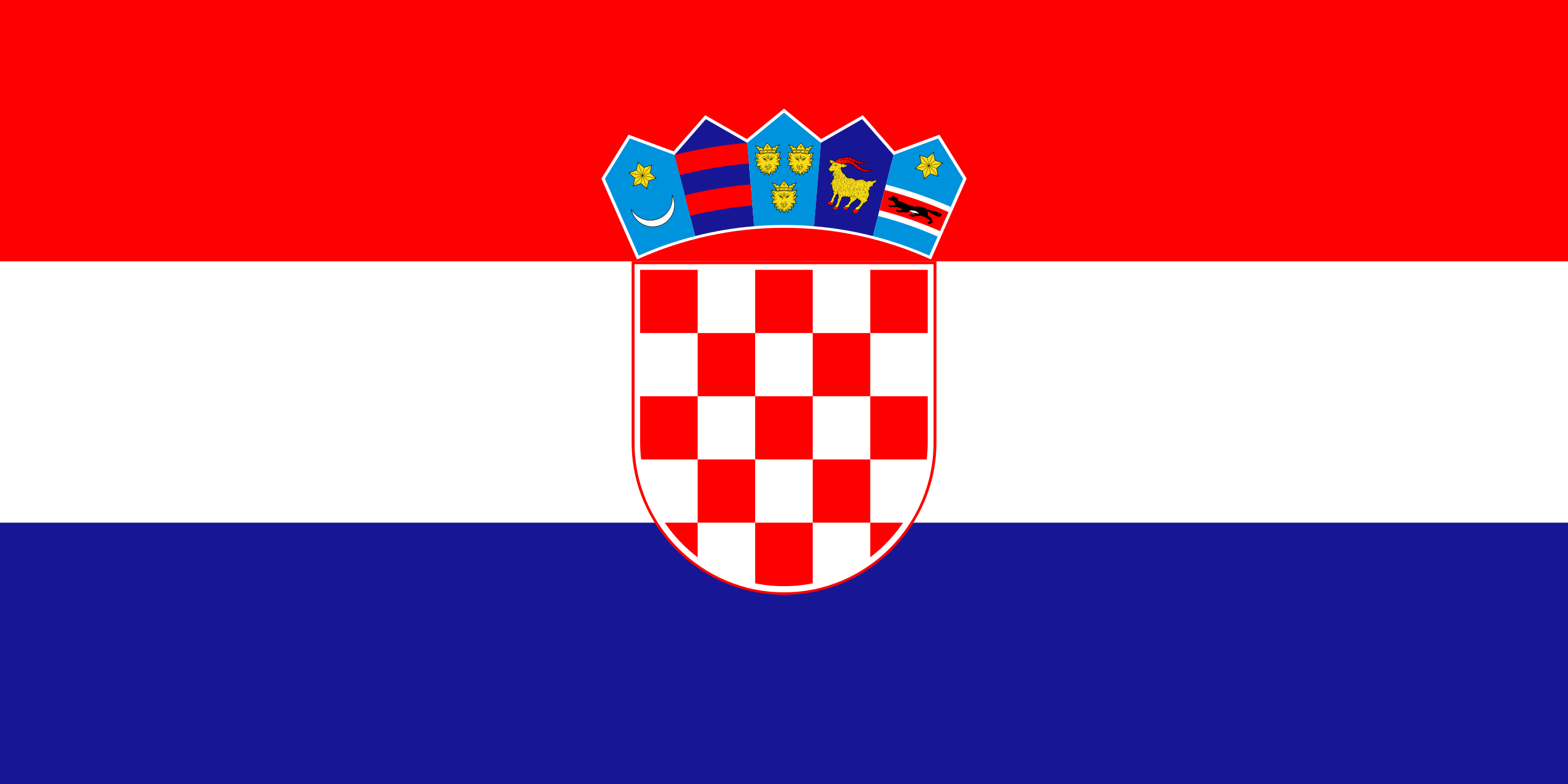 Croatian
Croatian
 English
English
 Espana
Espana
 Estonian
Estonian
 Filipino
Filipino
 Finnish
Finnish
 French
French
 Georgian
Georgian
 German
German
 Greek
Greek
 Hebrew
Hebrew
 Hindi
Hindi
 Hungarian
Hungarian
 Indonesian
Indonesian
 Japanese
Japanese
 Korean
Korean
 Latvian
Latvian
 Malaysian
Malaysian
 Mongolian
Mongolian
 Netherlands
Netherlands
 Pakistani
Pakistani
 Persian
Persian
 Portuguese
Portuguese
 Russian
Russian
 Slovak
Slovak
 Slovenian
Slovenian
 Tamil
Tamil
 Thai
Thai
 Turkish
Turkish
 Vietnamese
Vietnamese




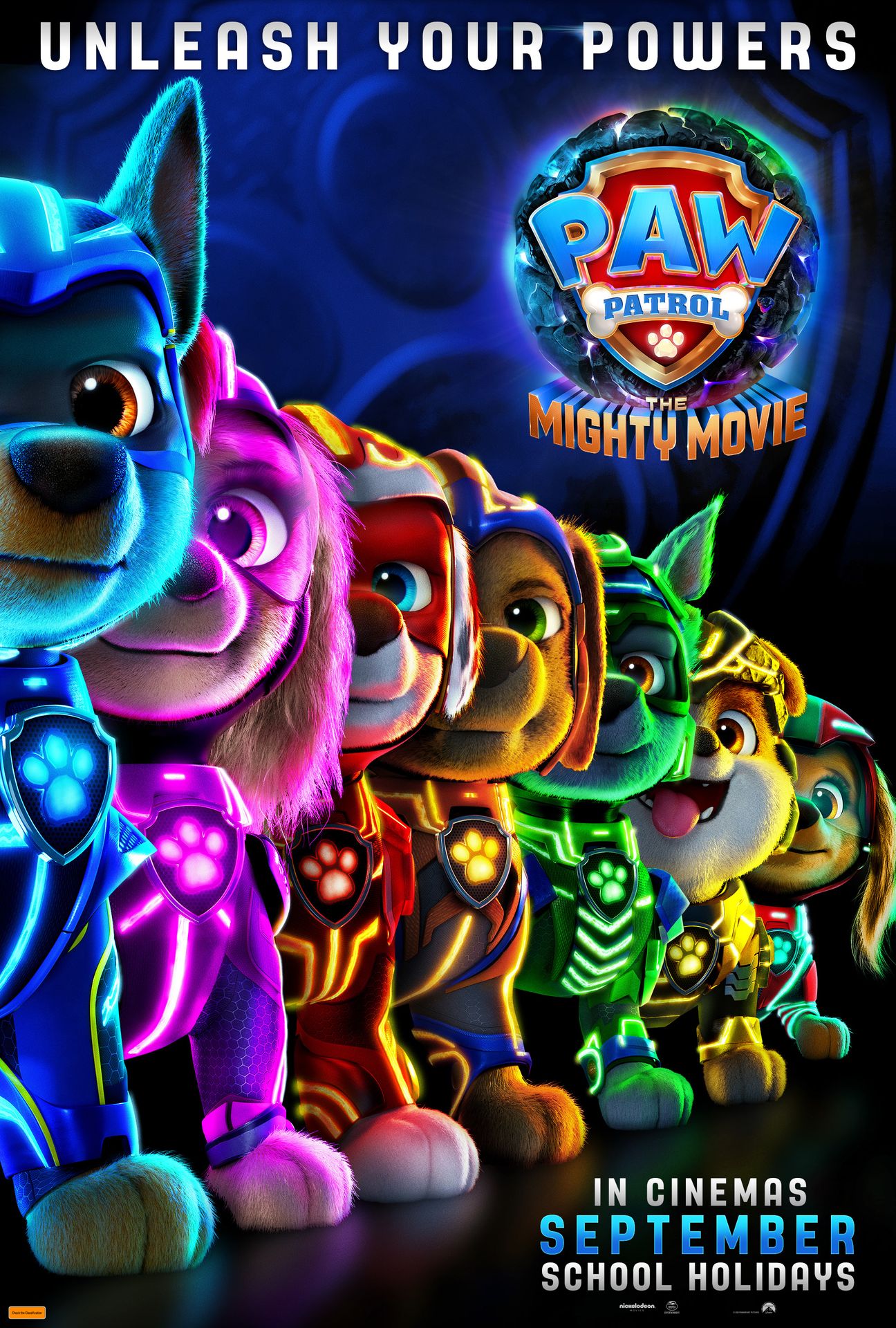










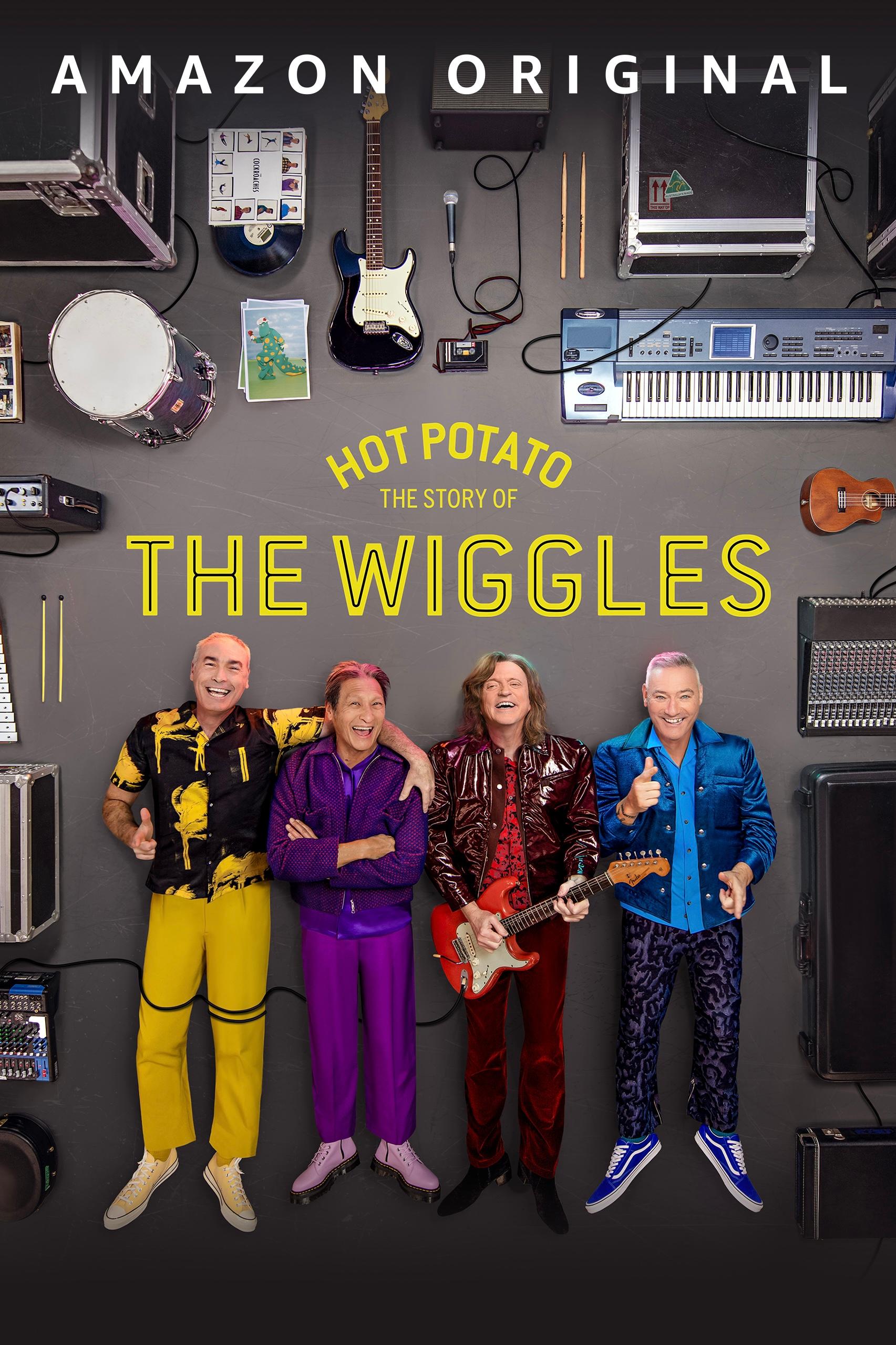
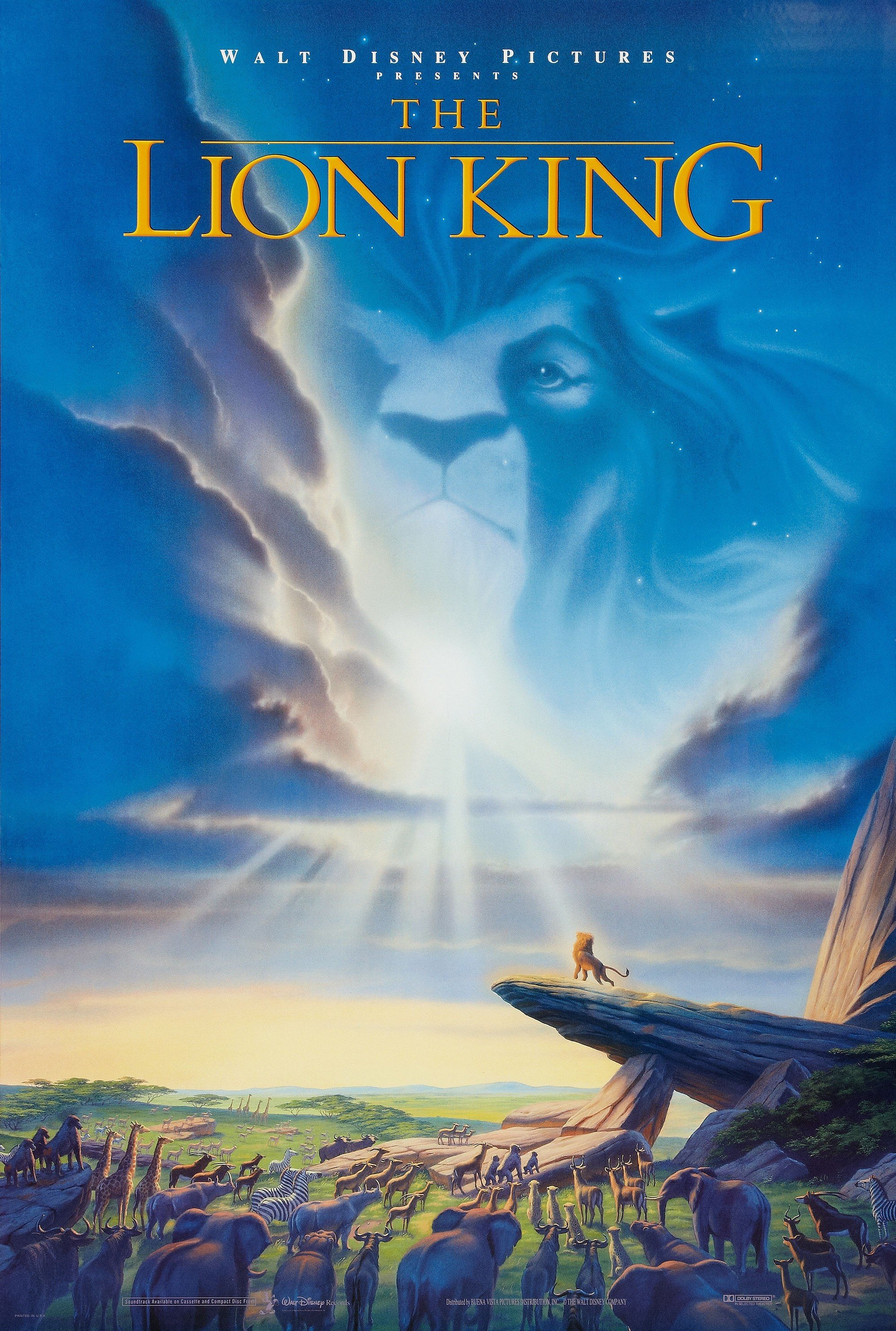
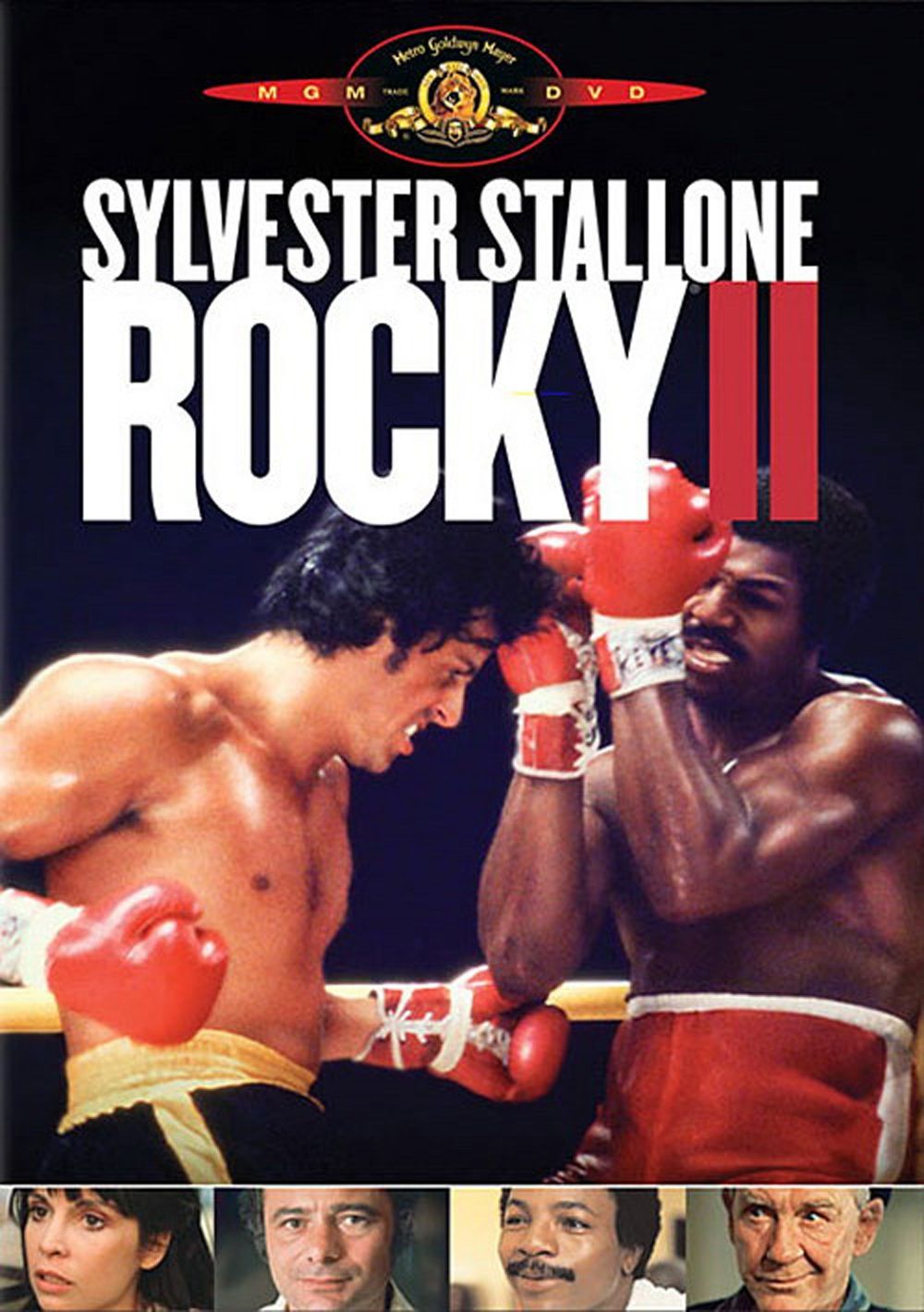

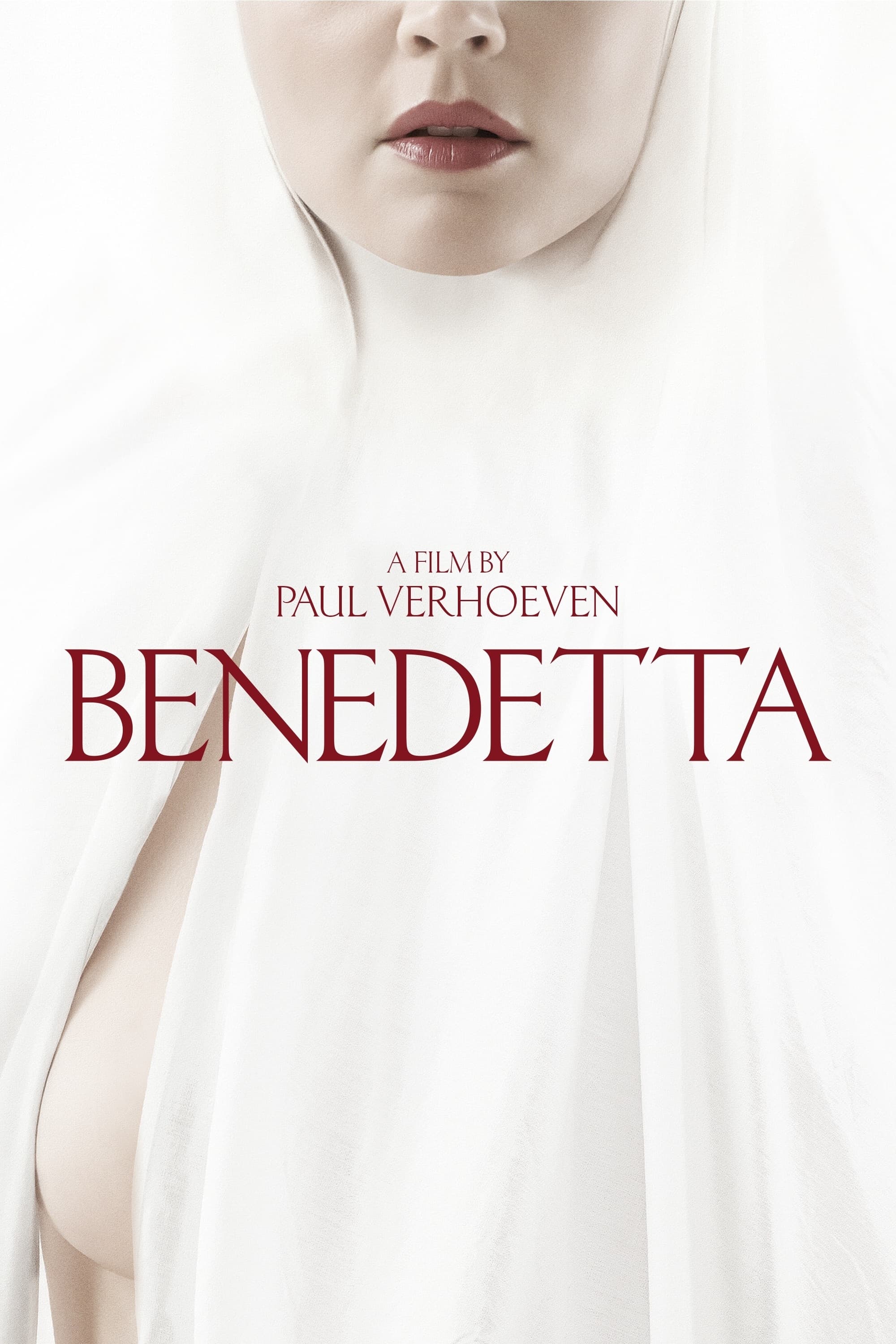

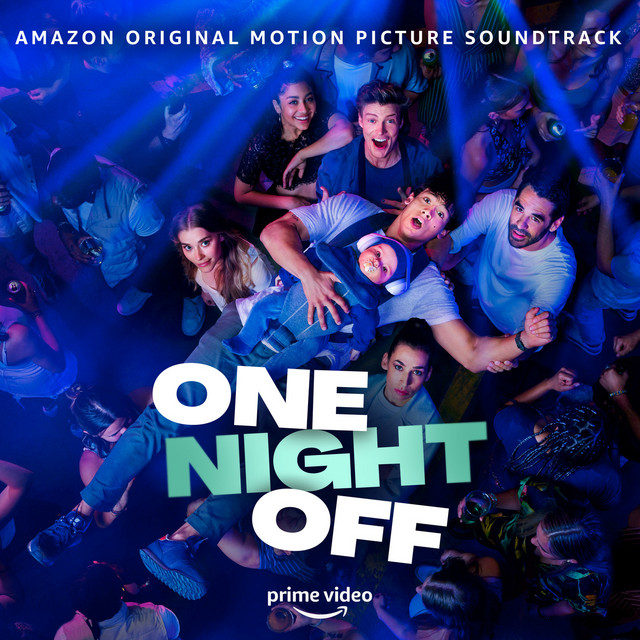
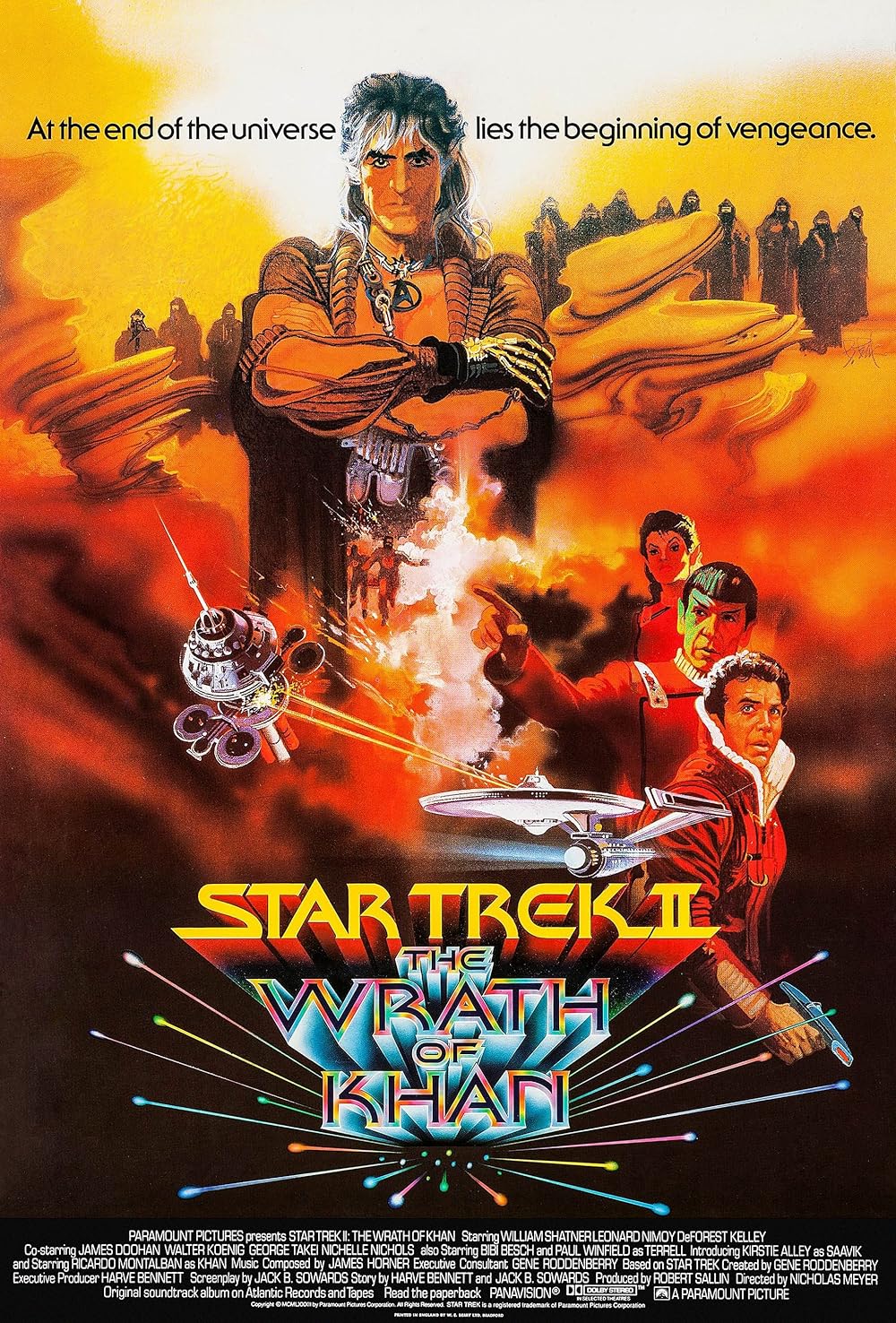
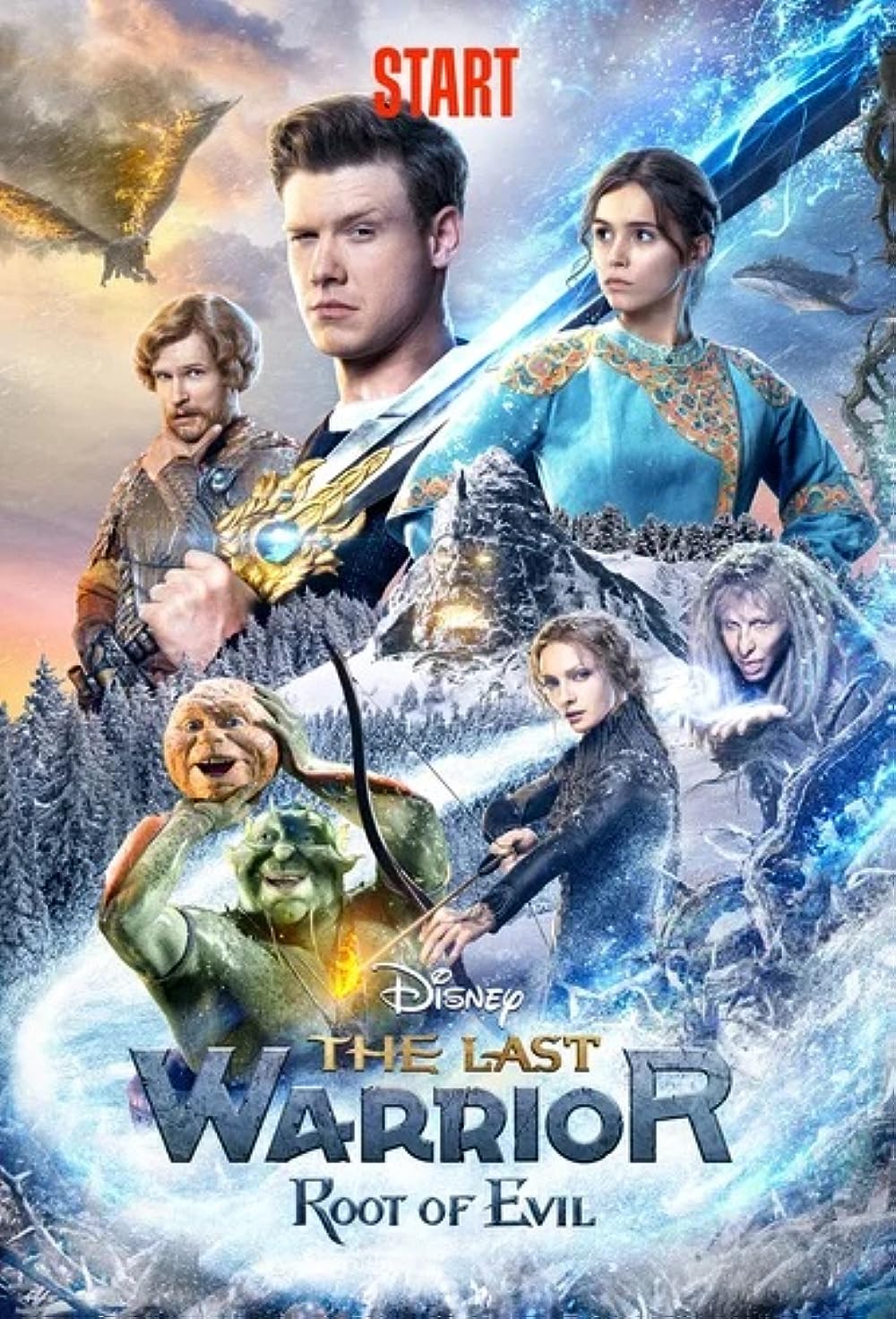
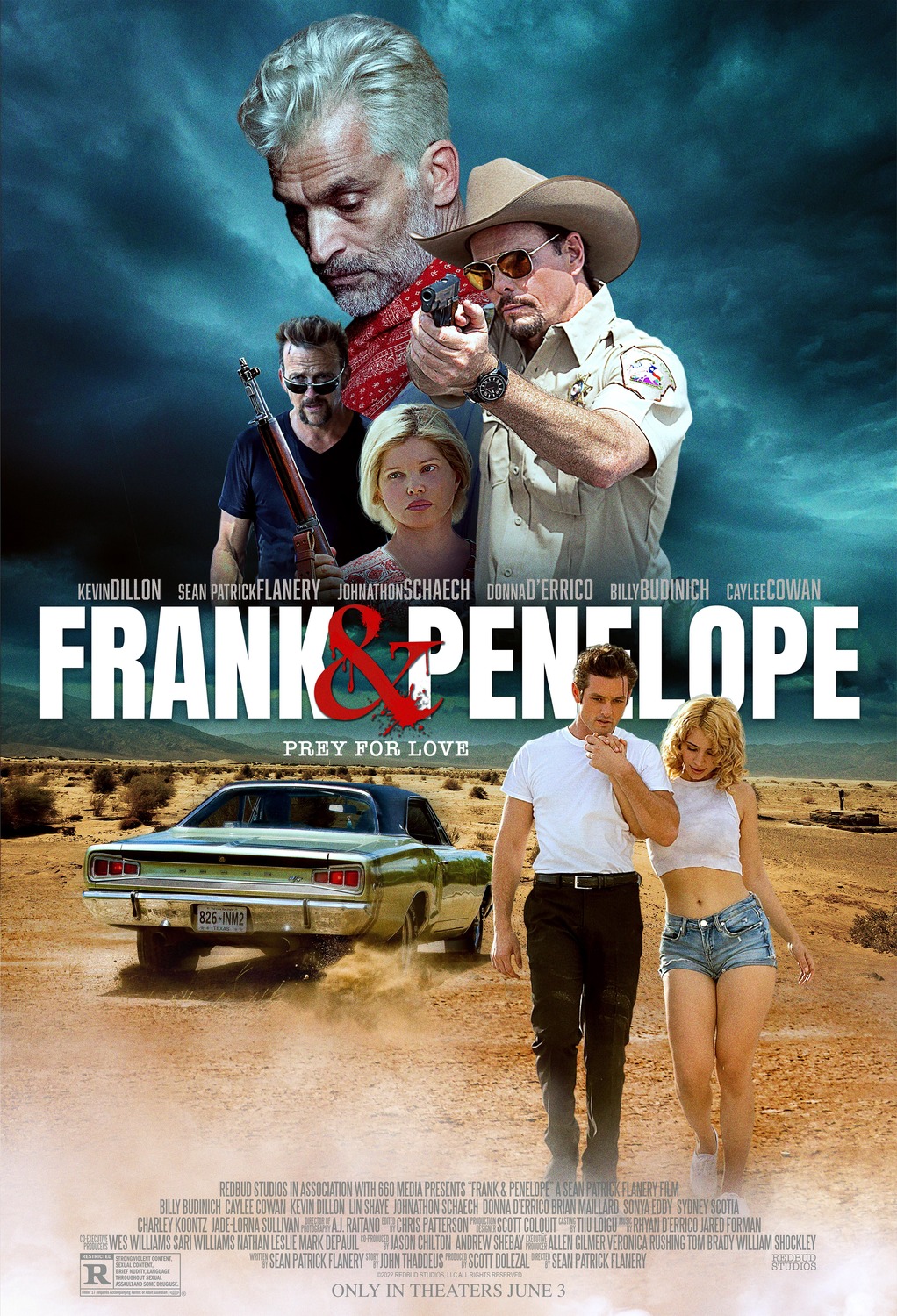
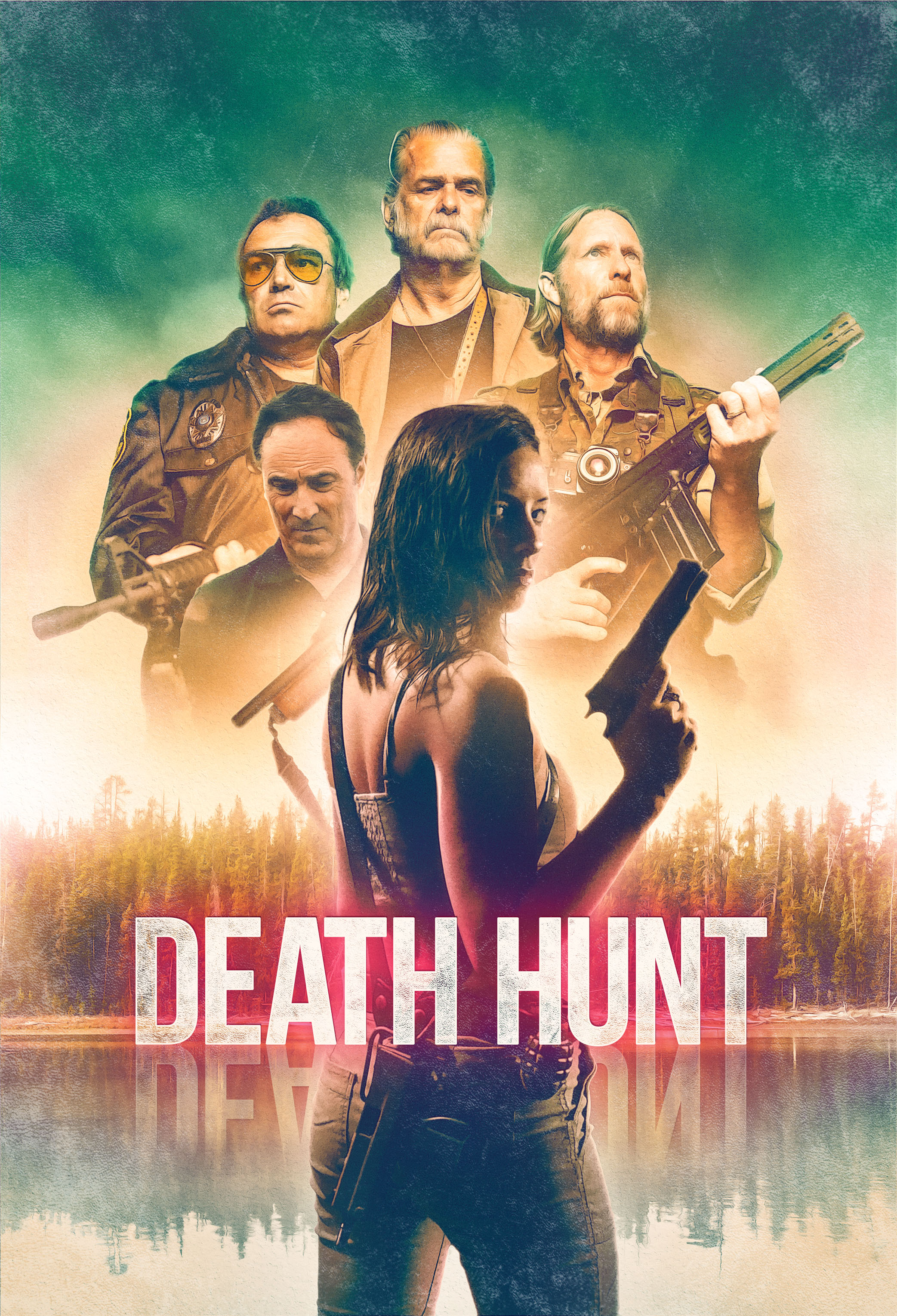
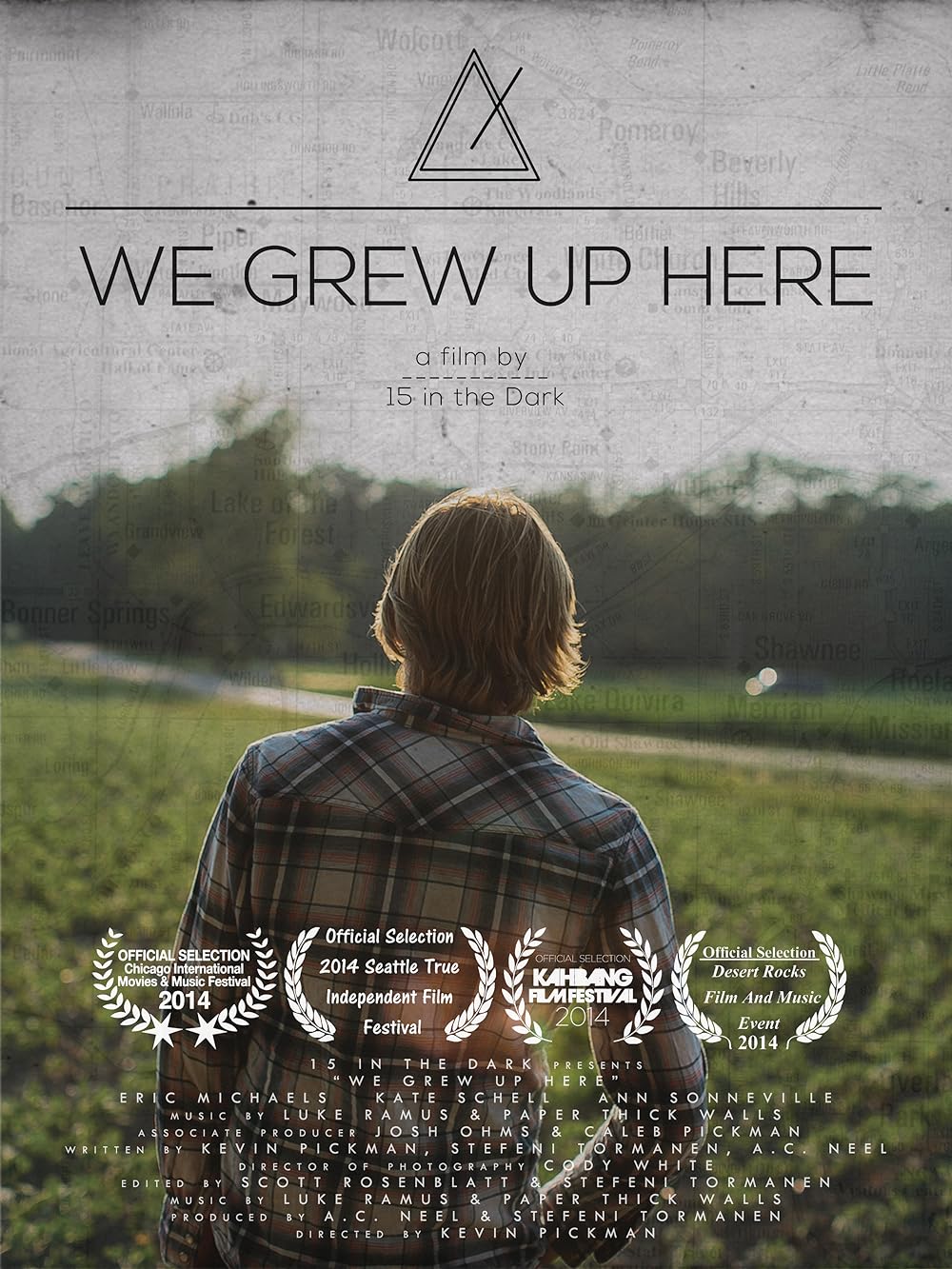

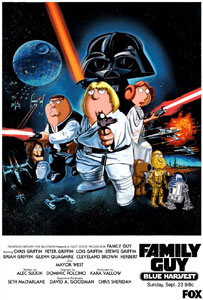

.jpg)
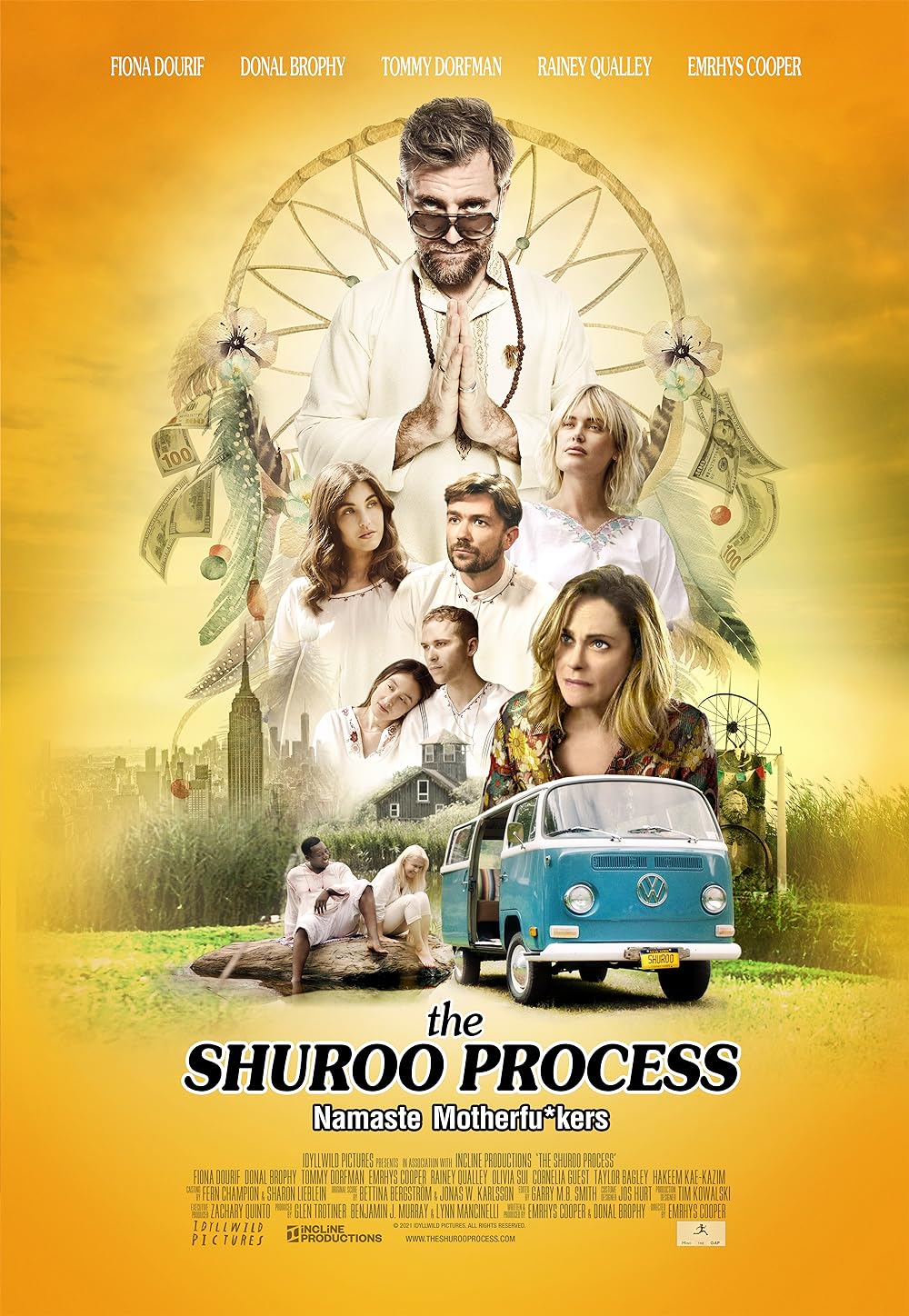
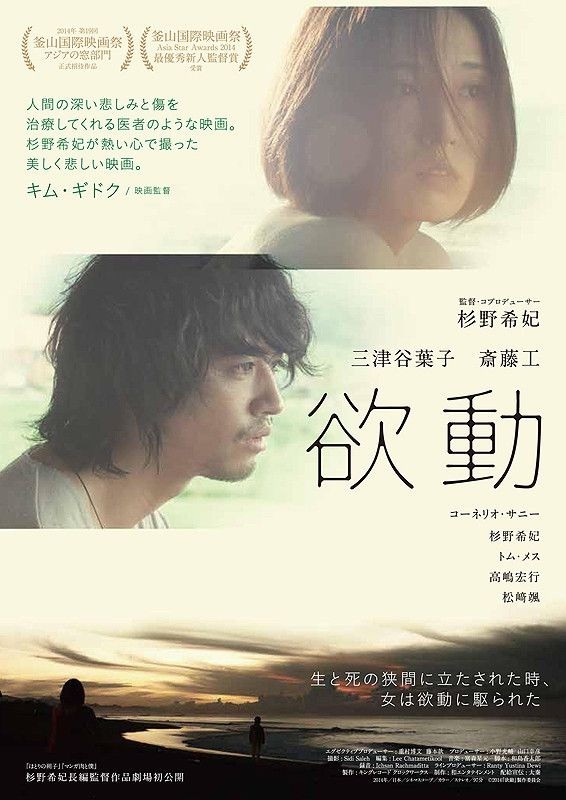
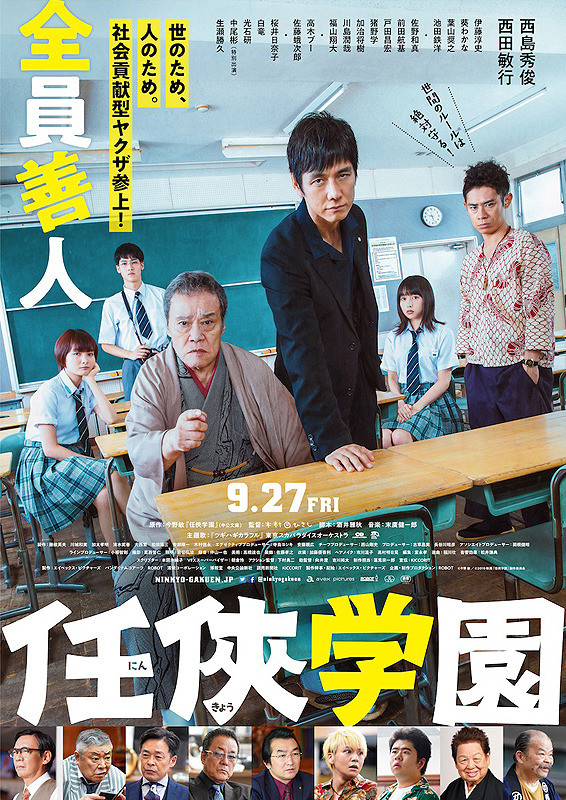
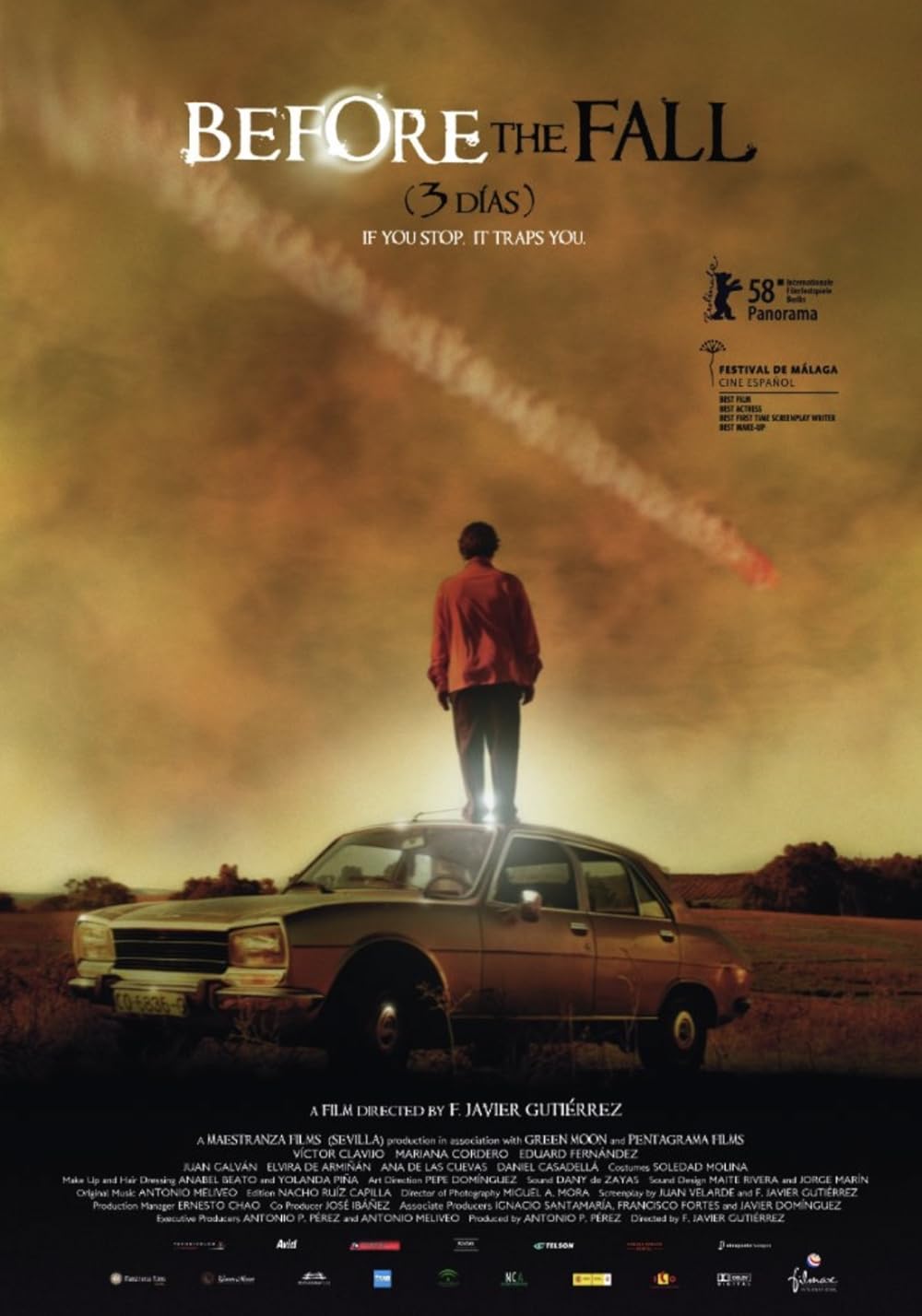
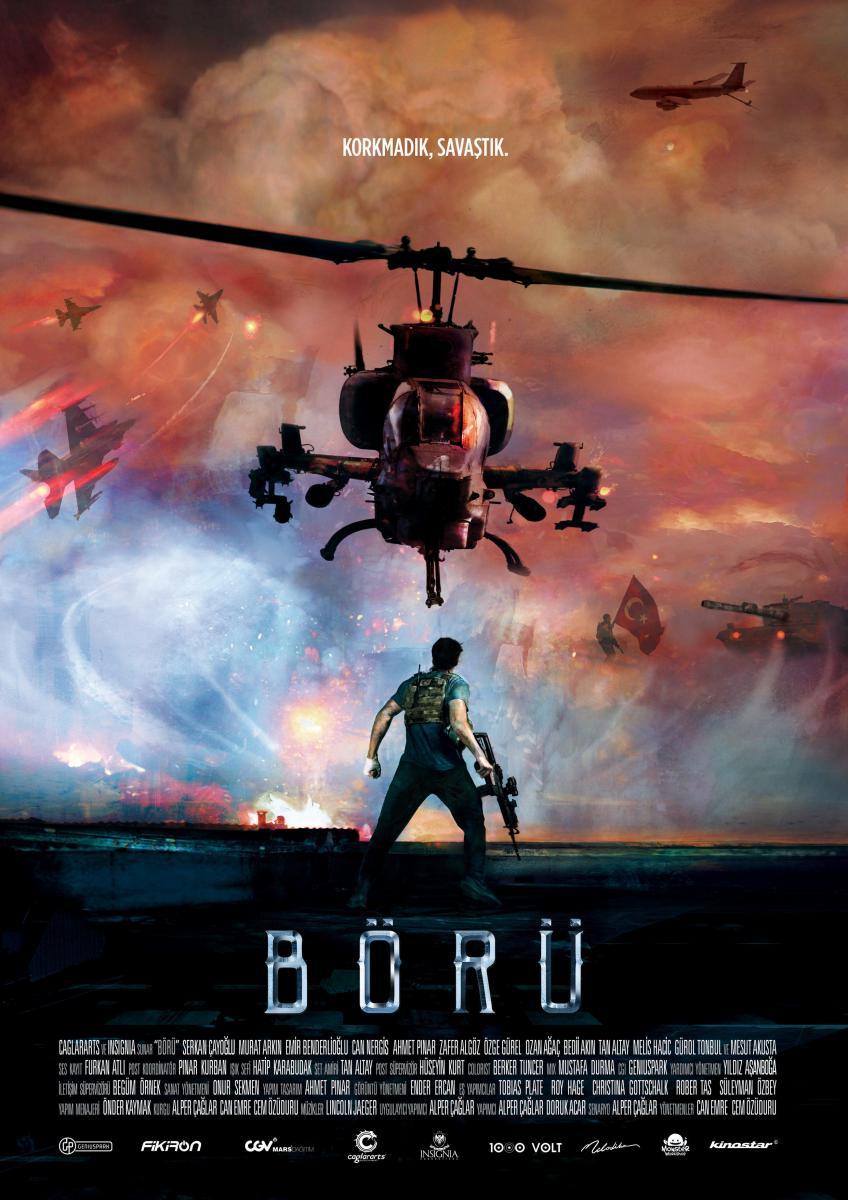
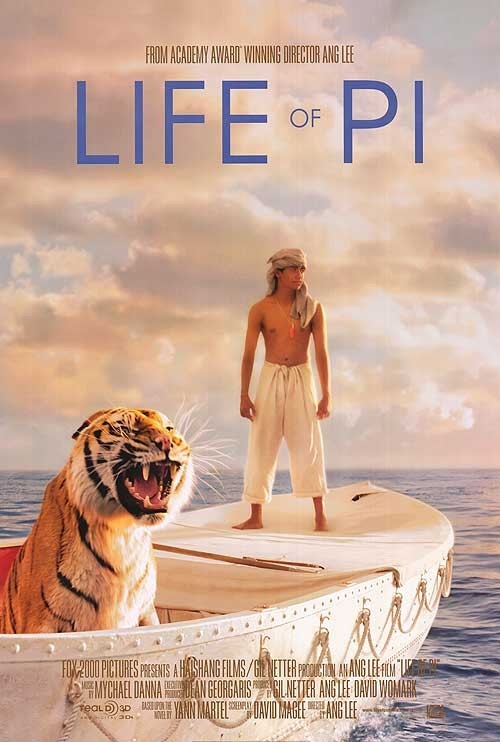
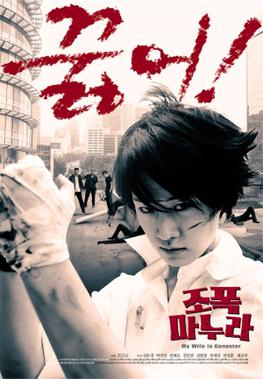
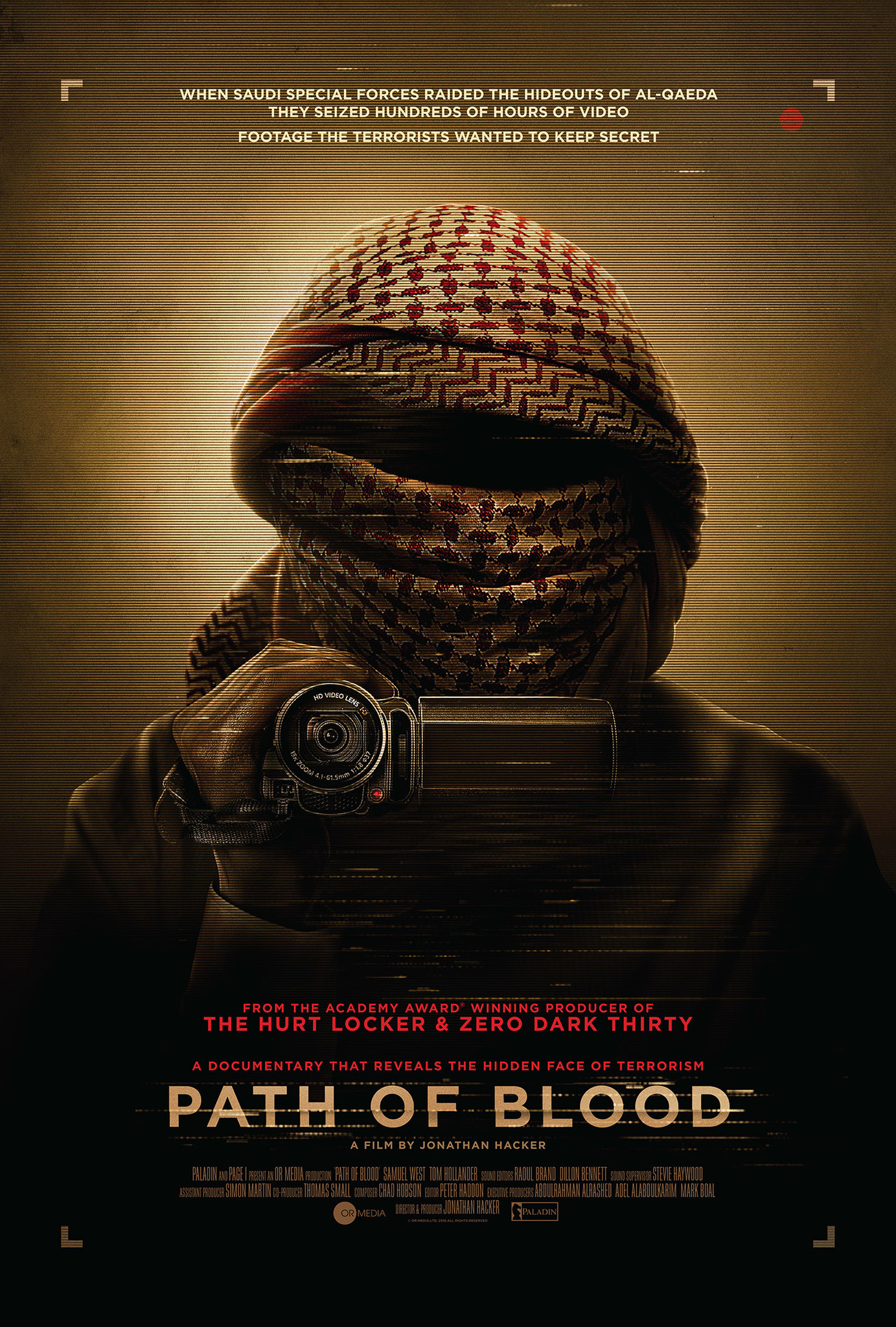
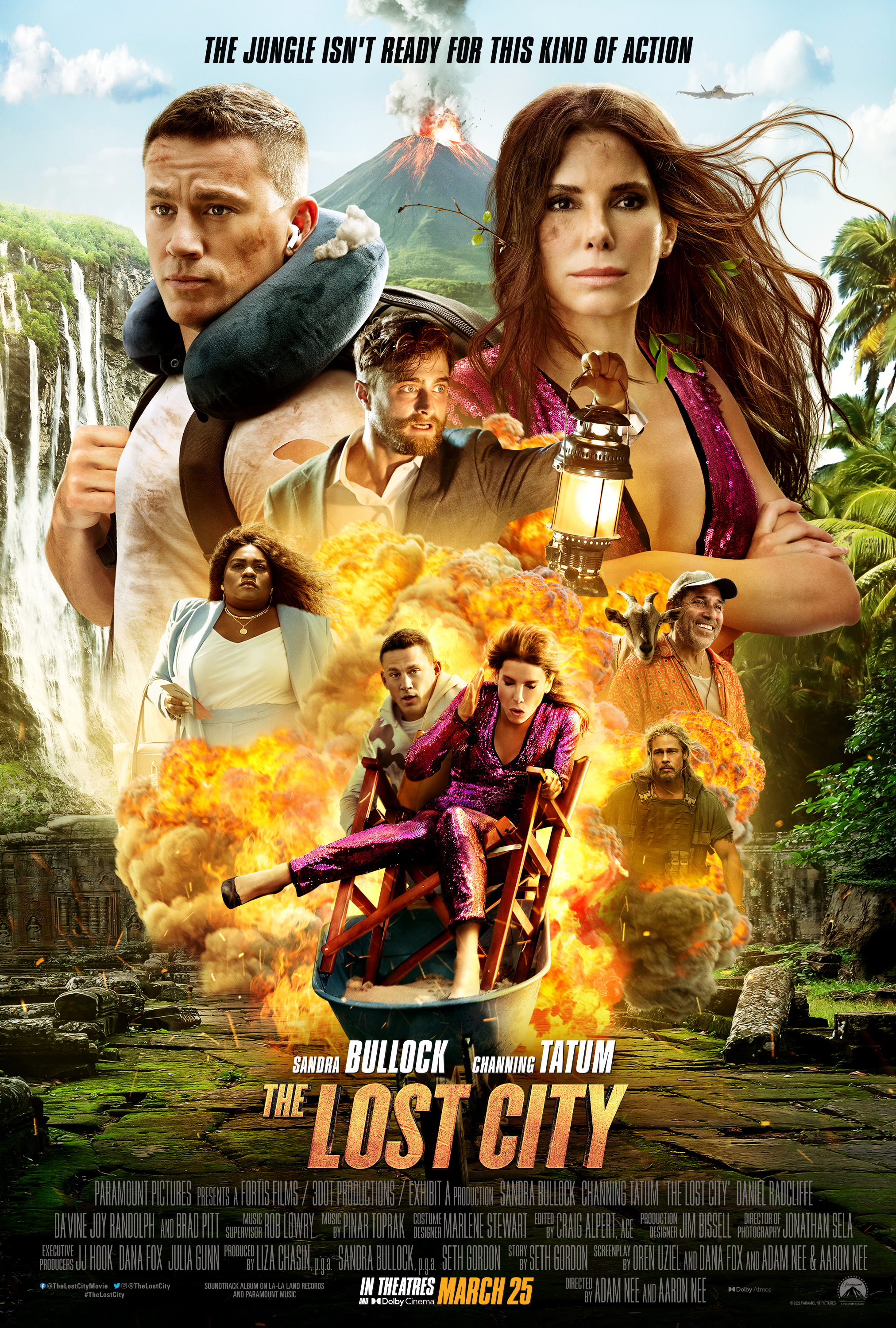
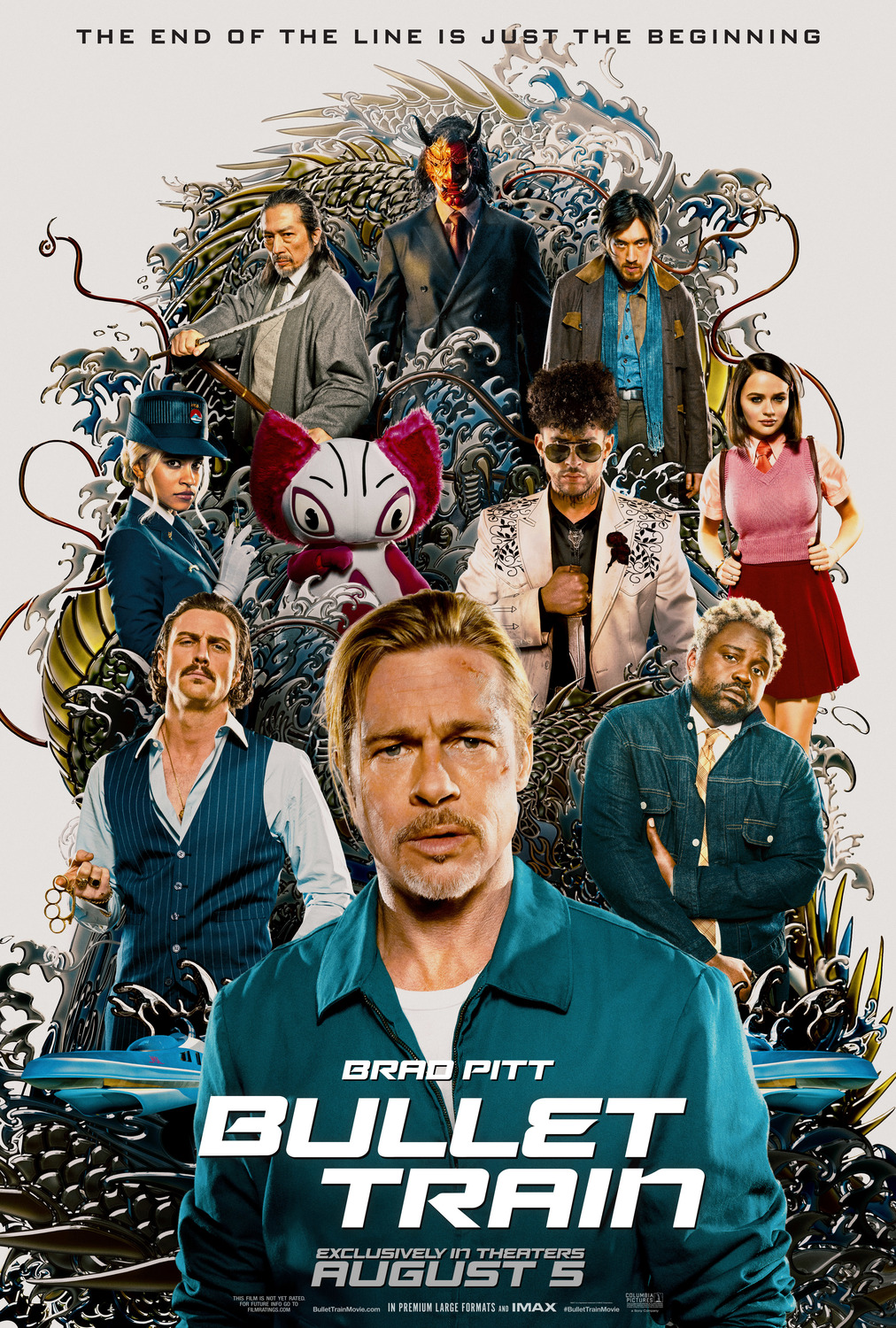
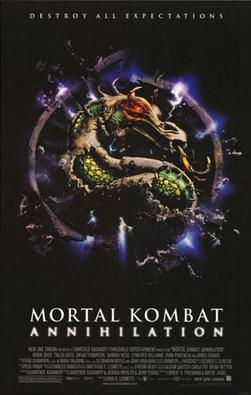
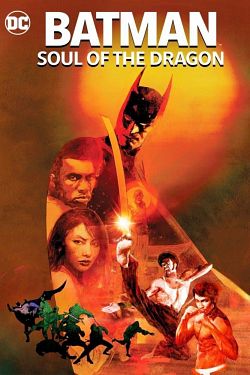
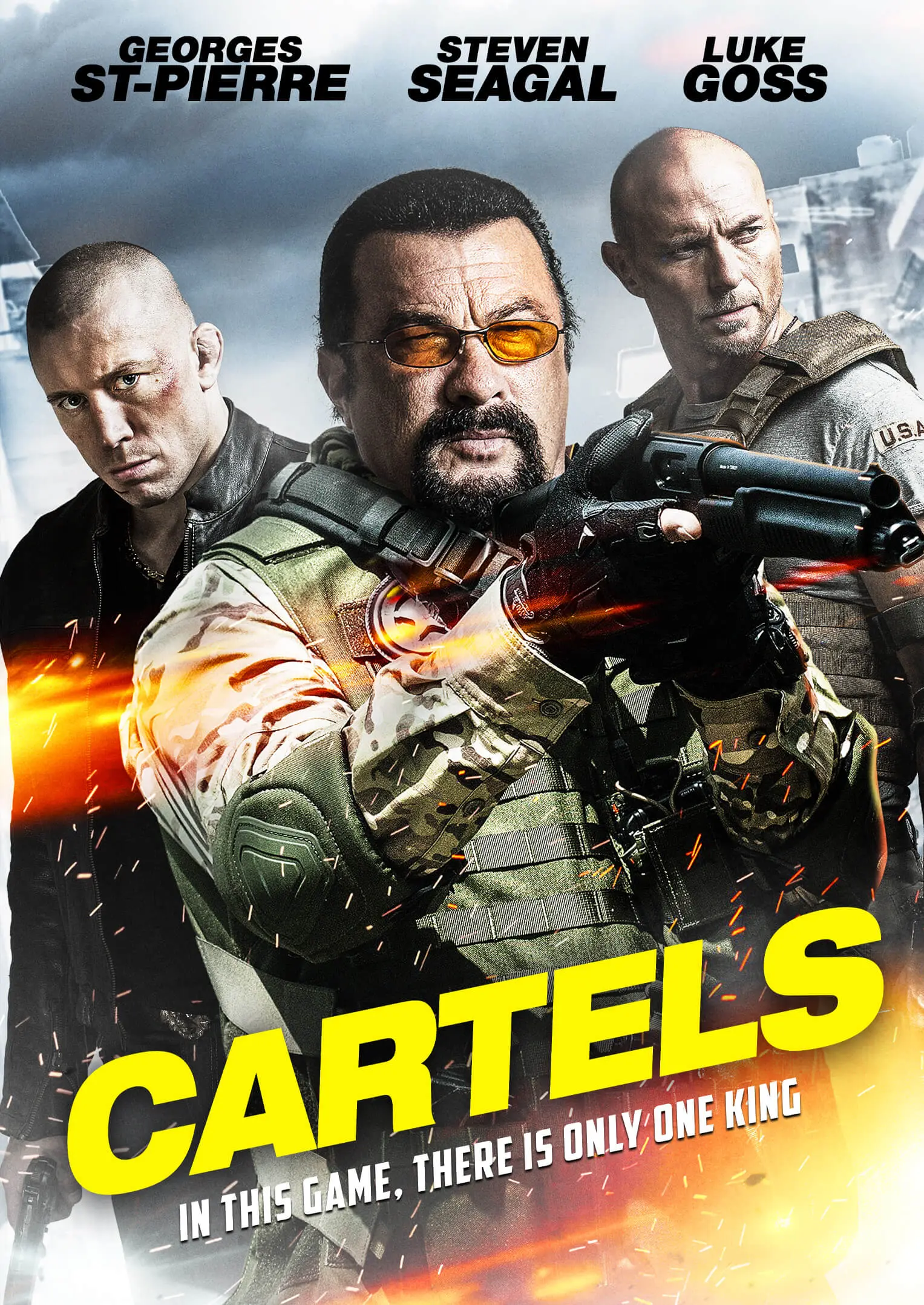
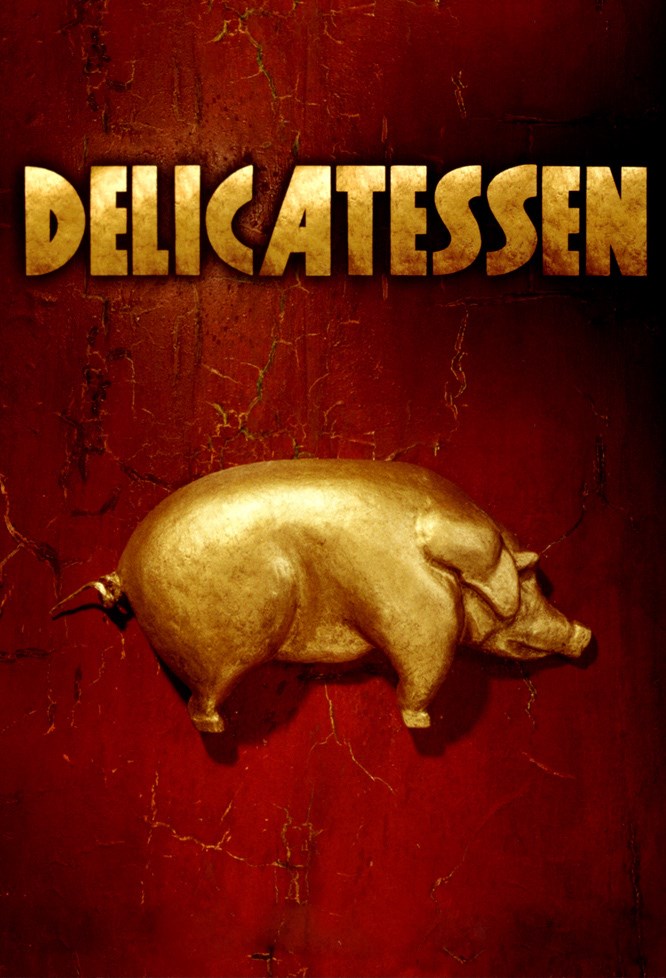
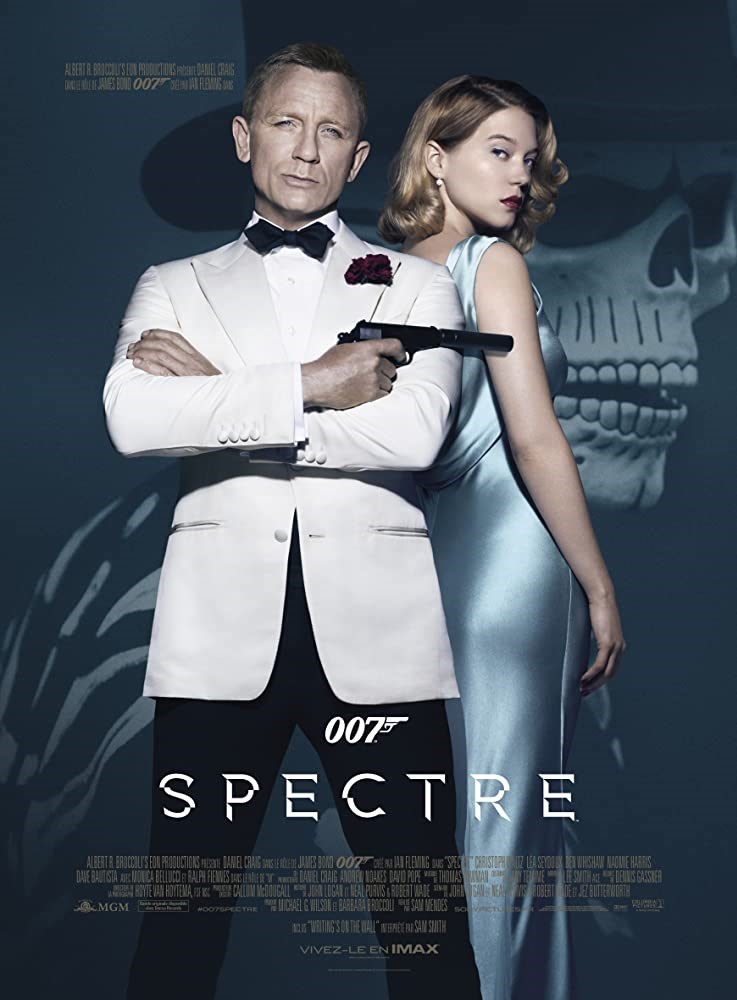
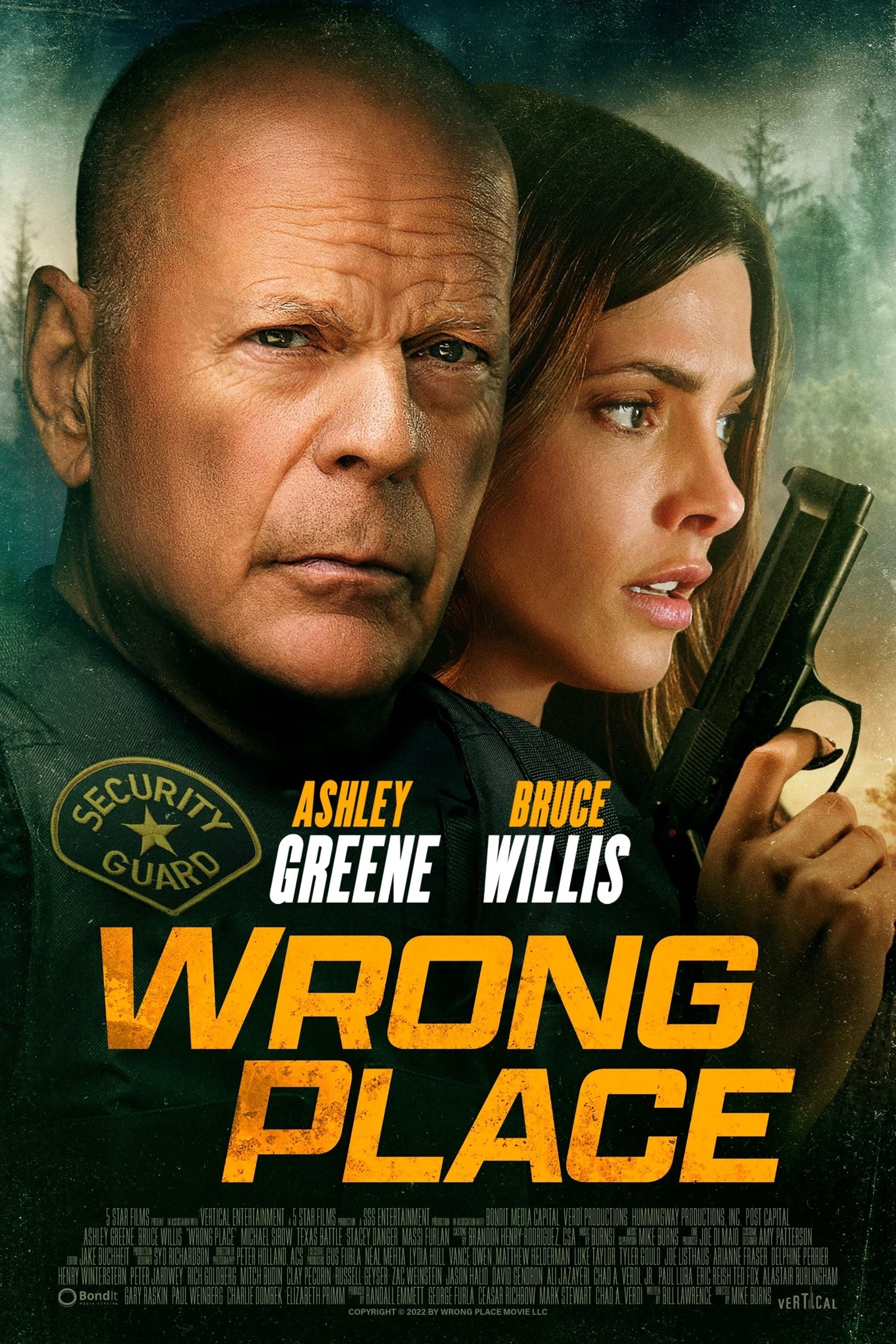
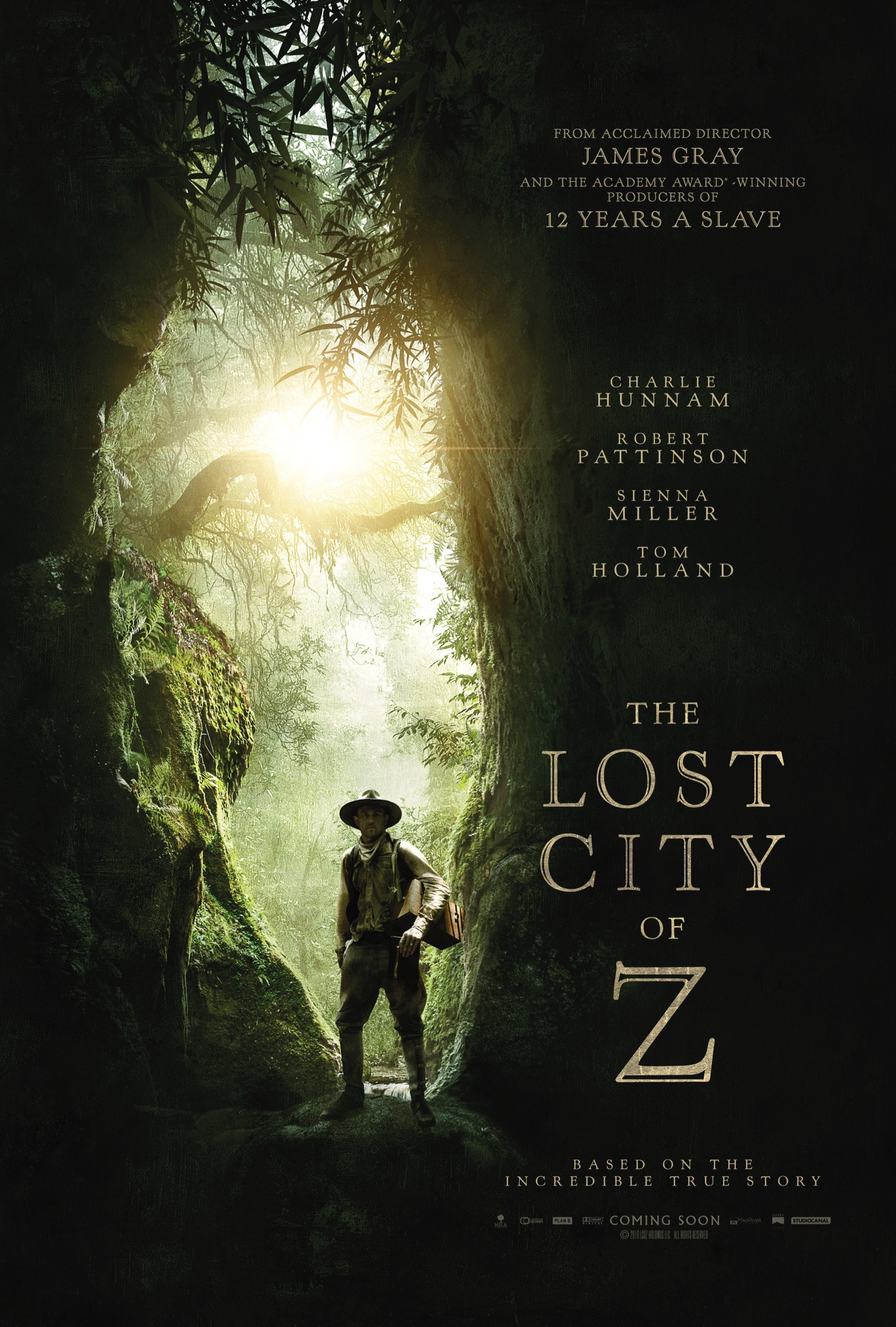
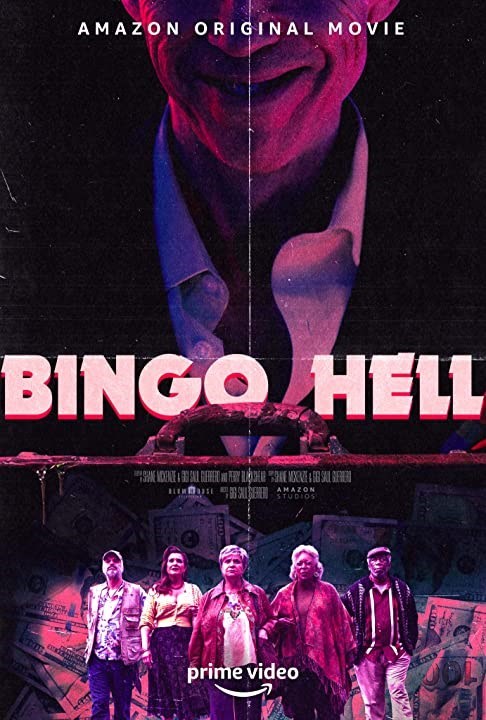

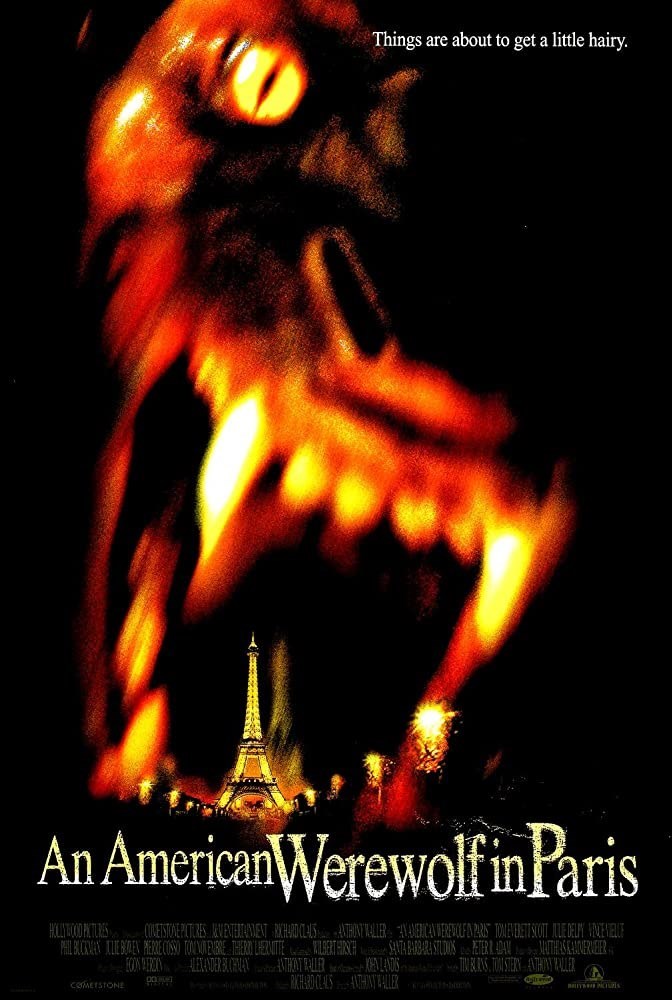
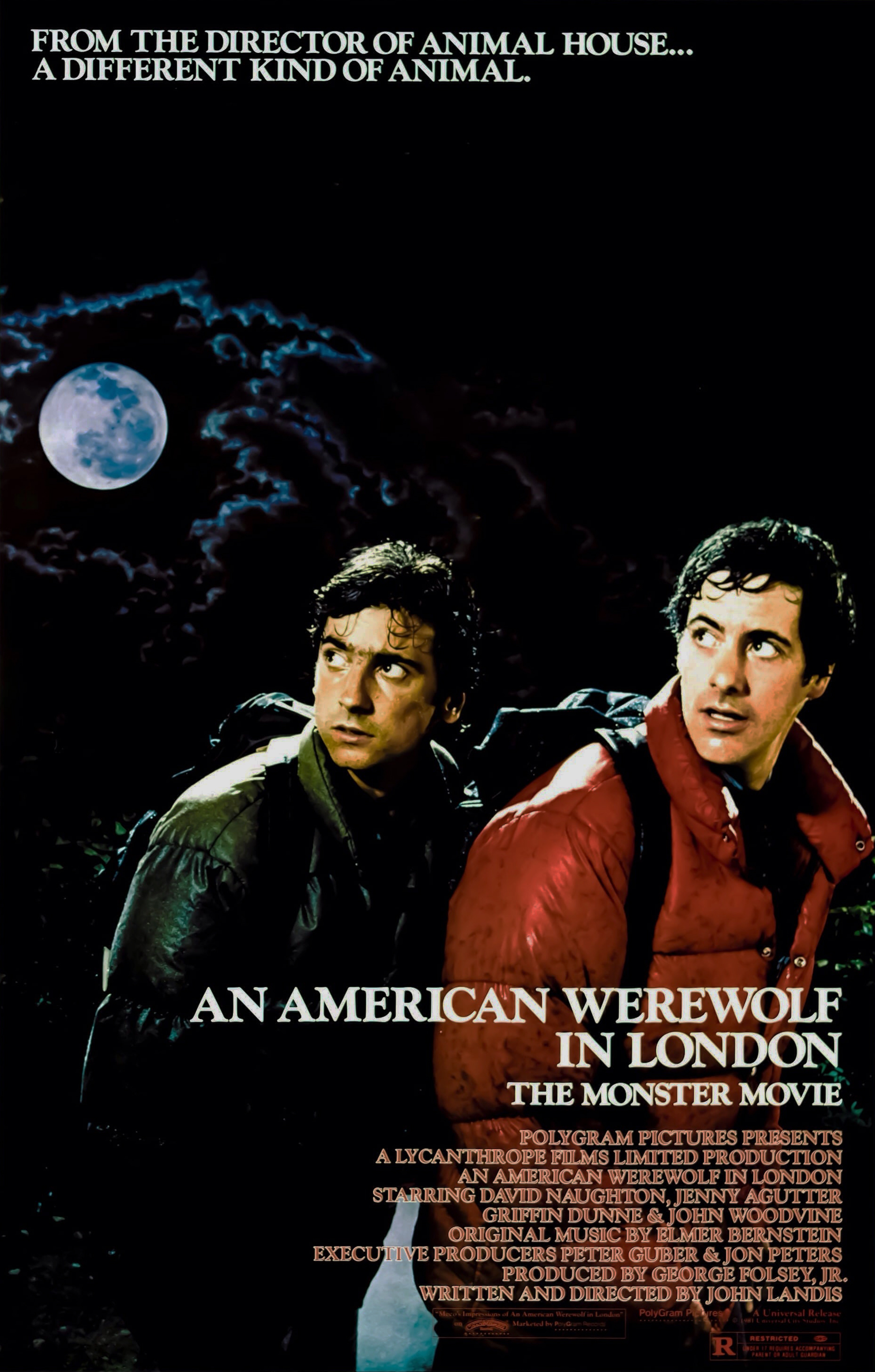
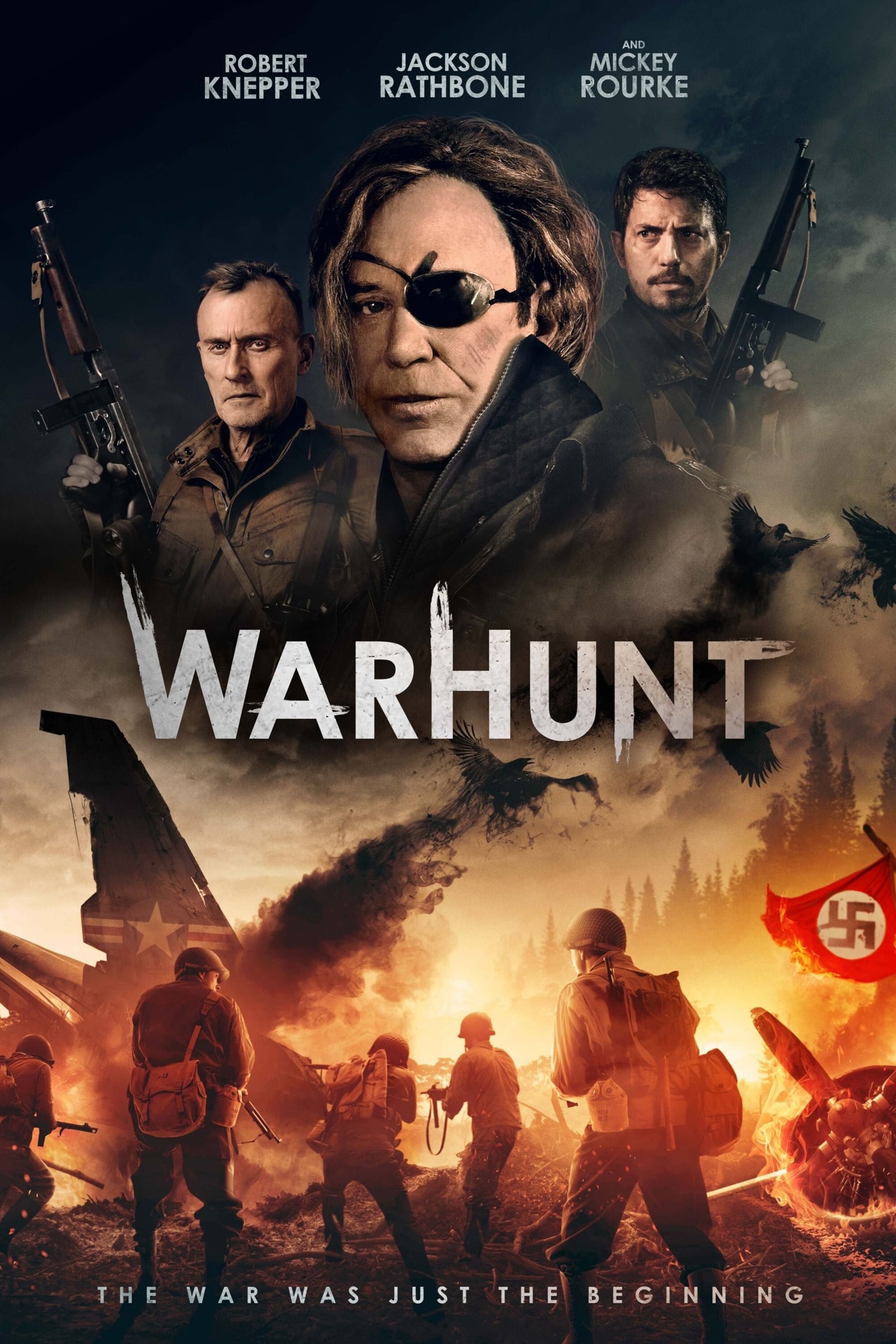
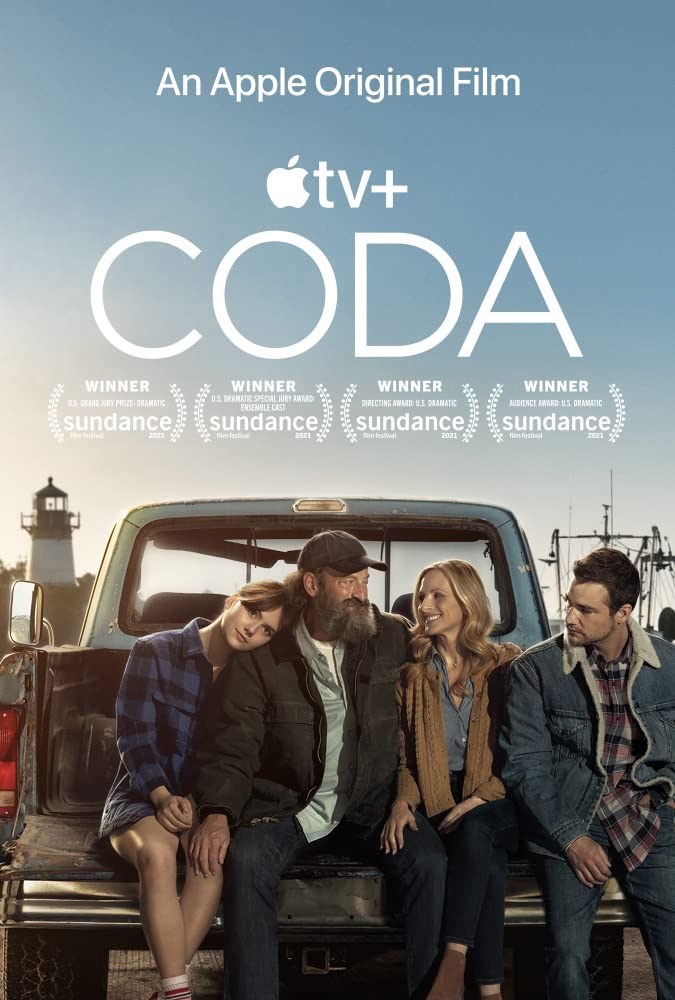
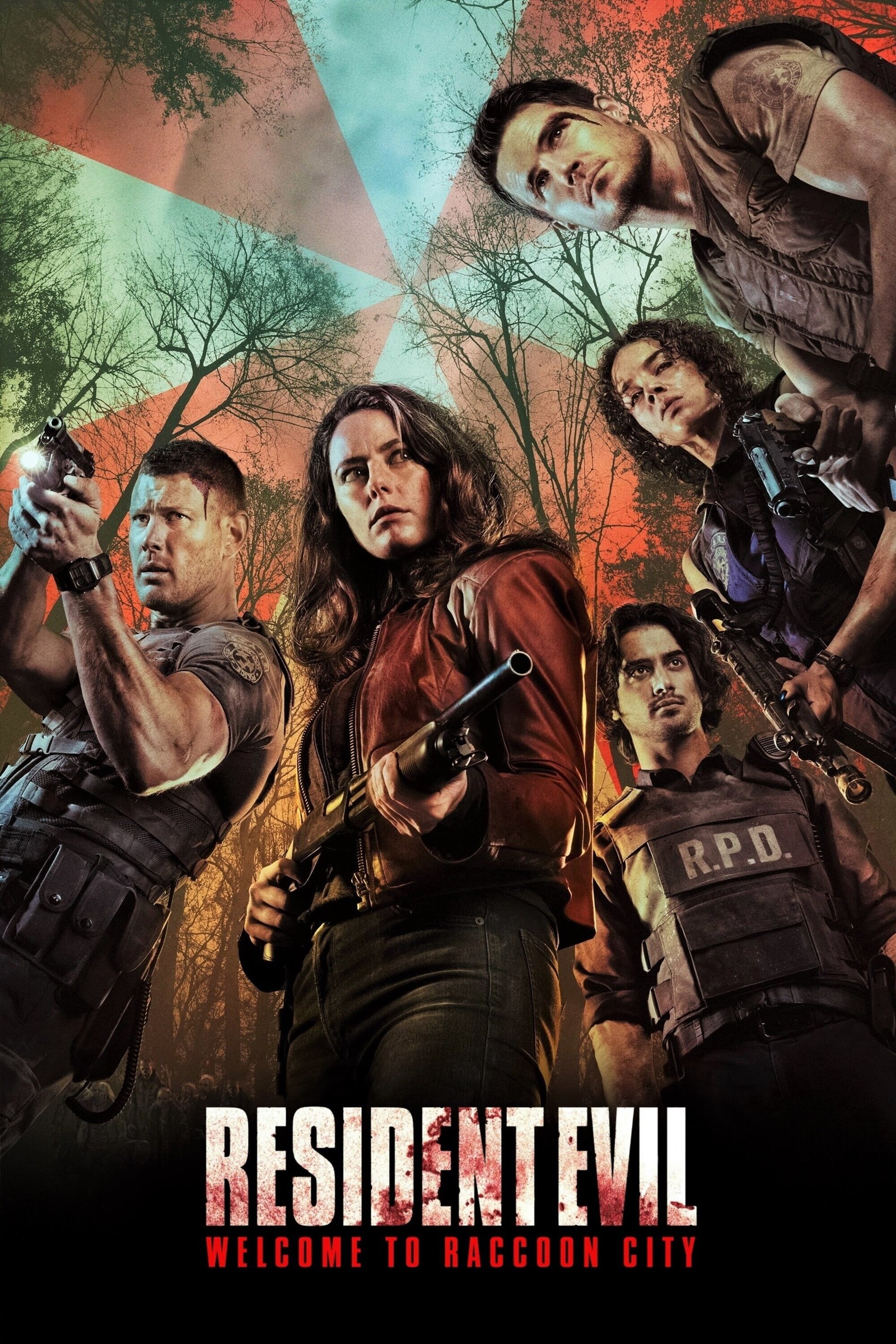
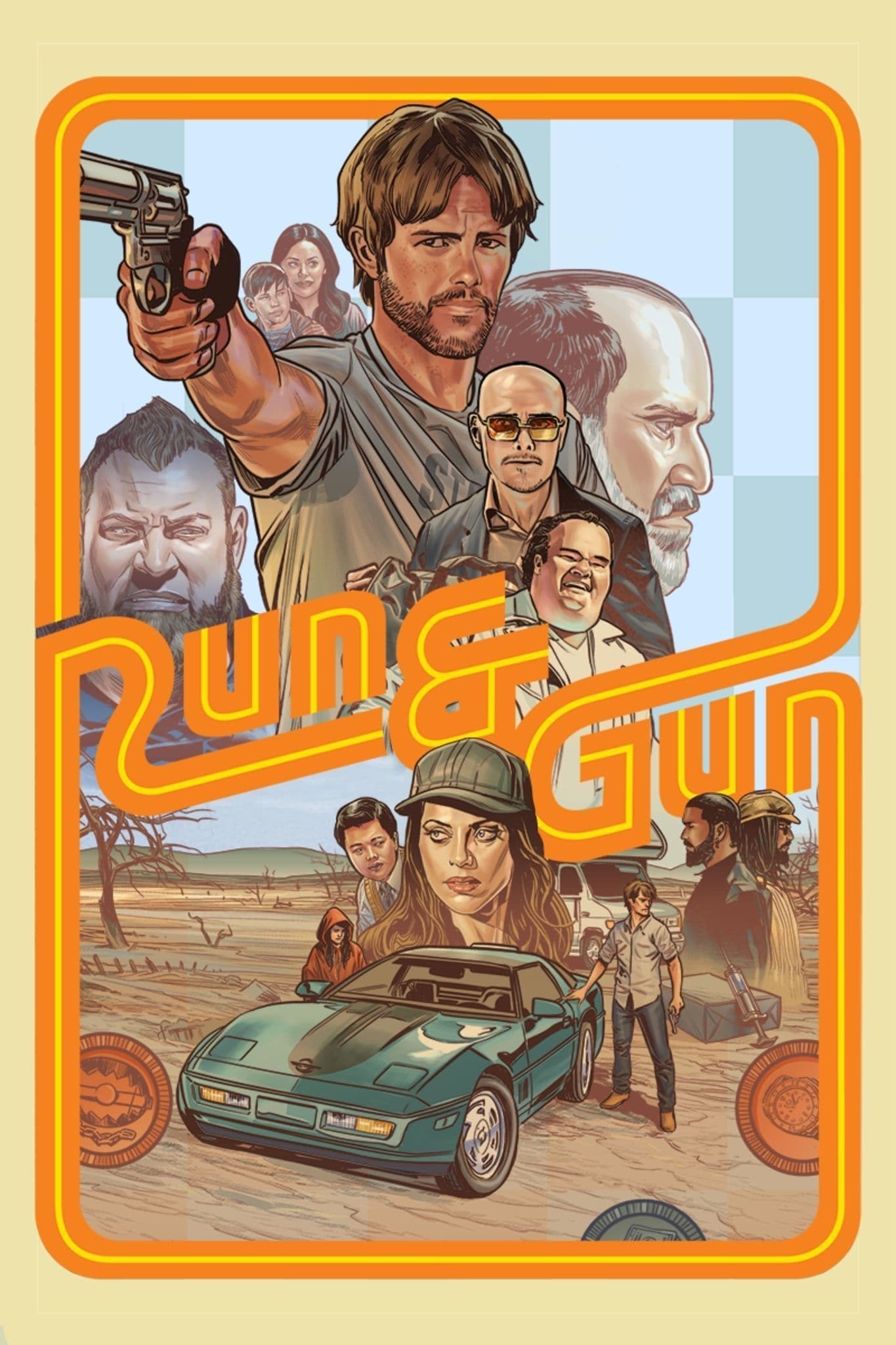
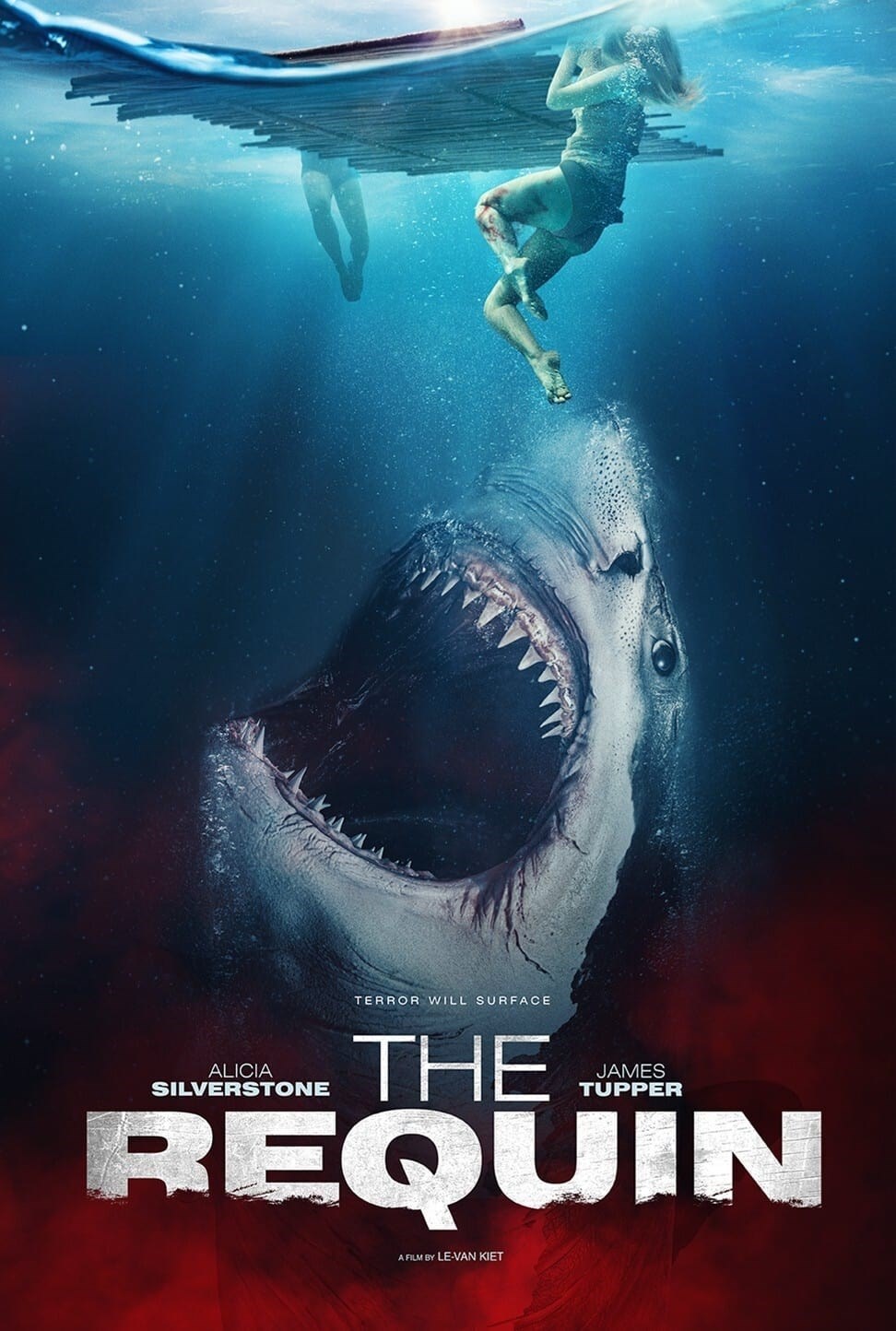
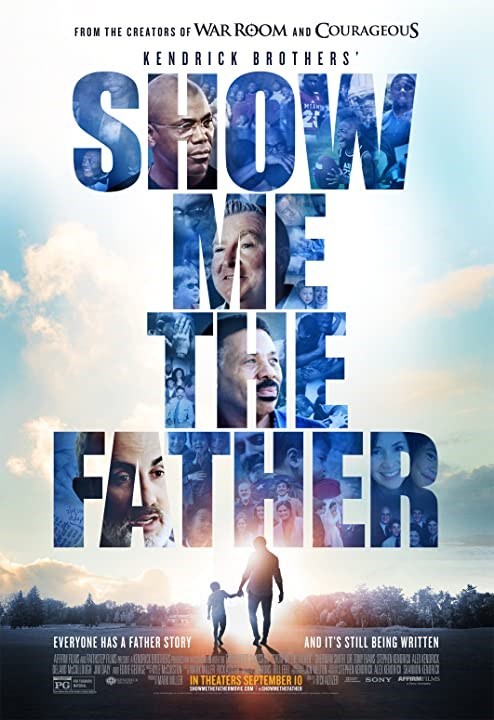
Komentar